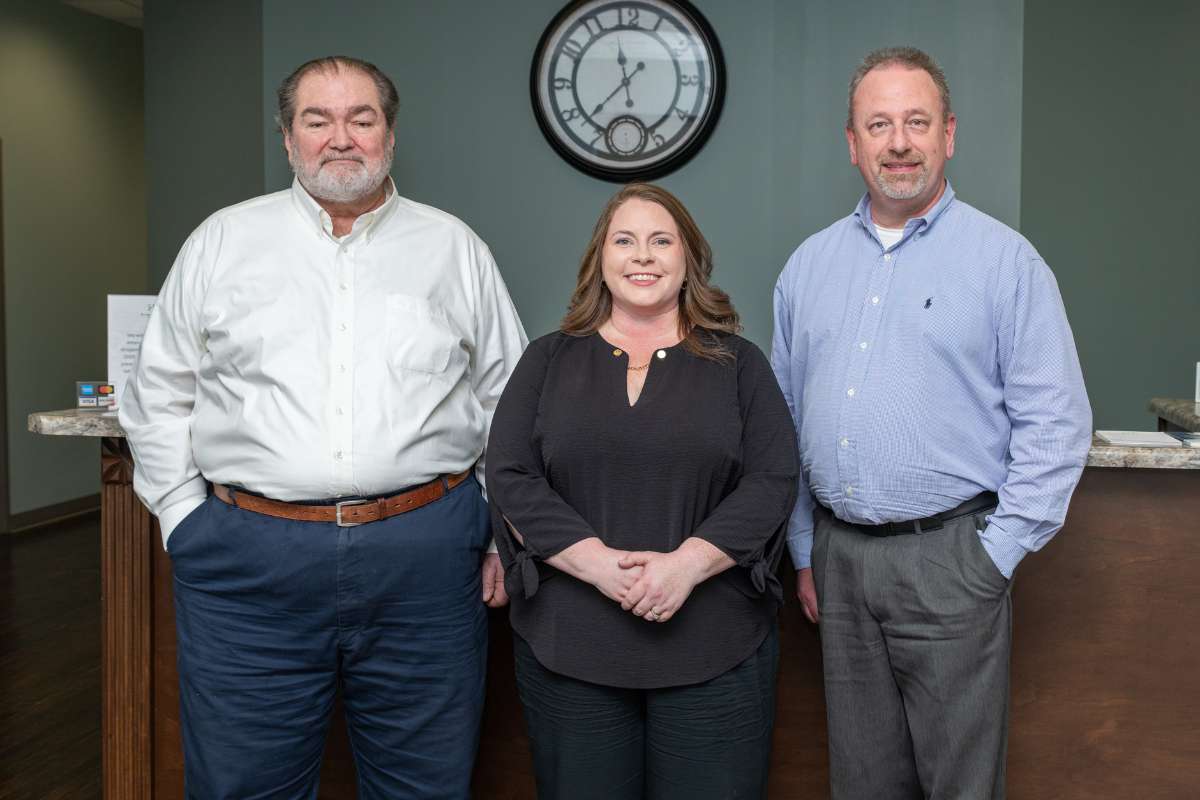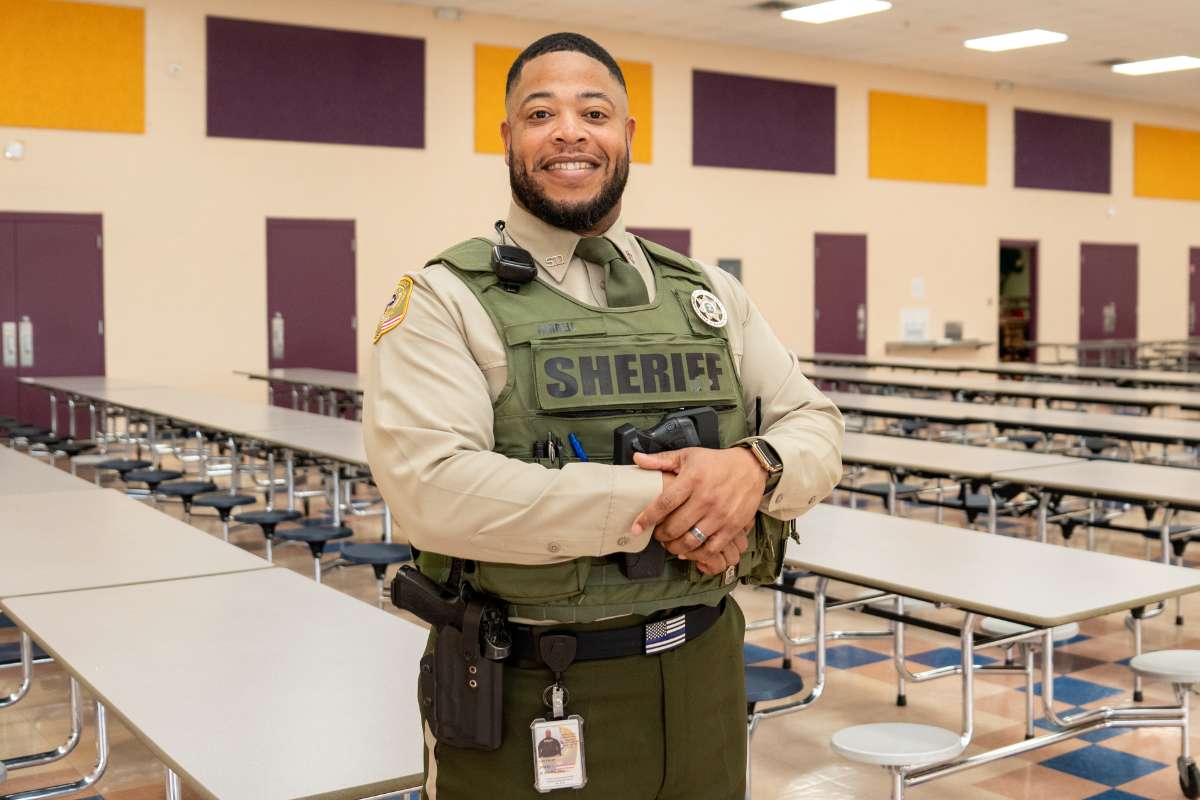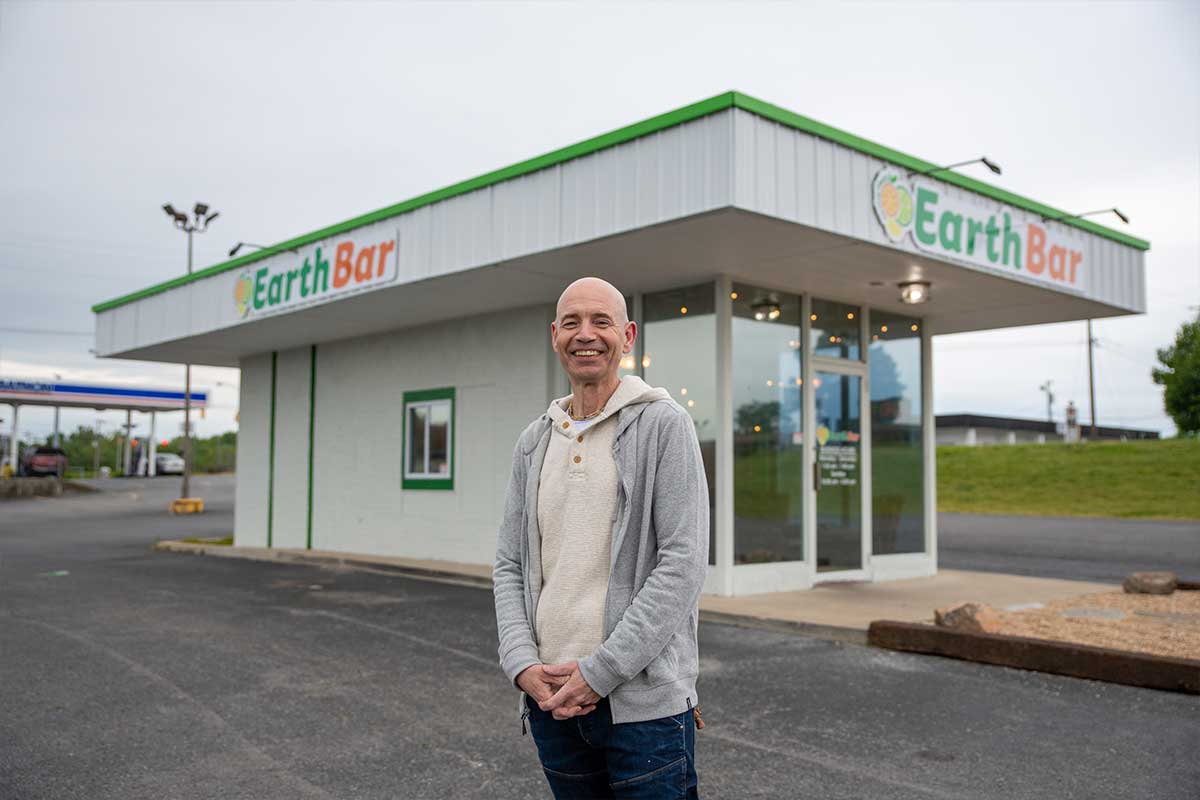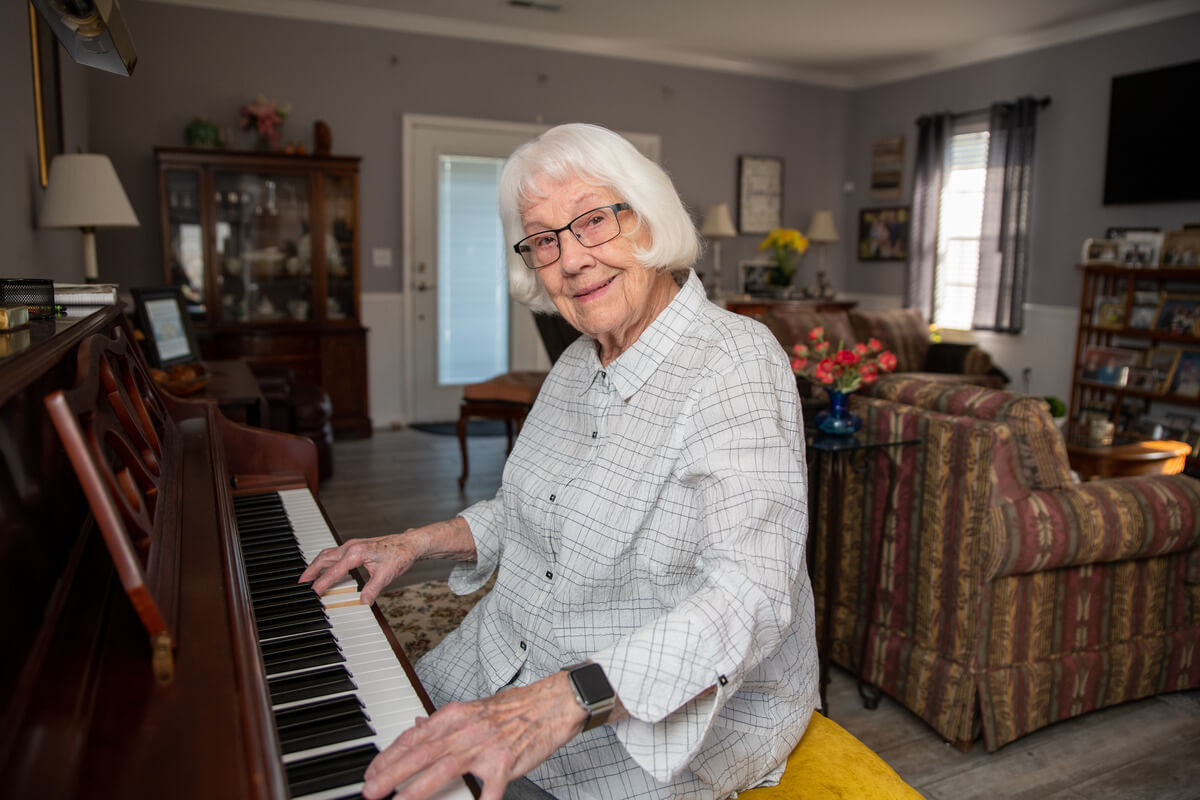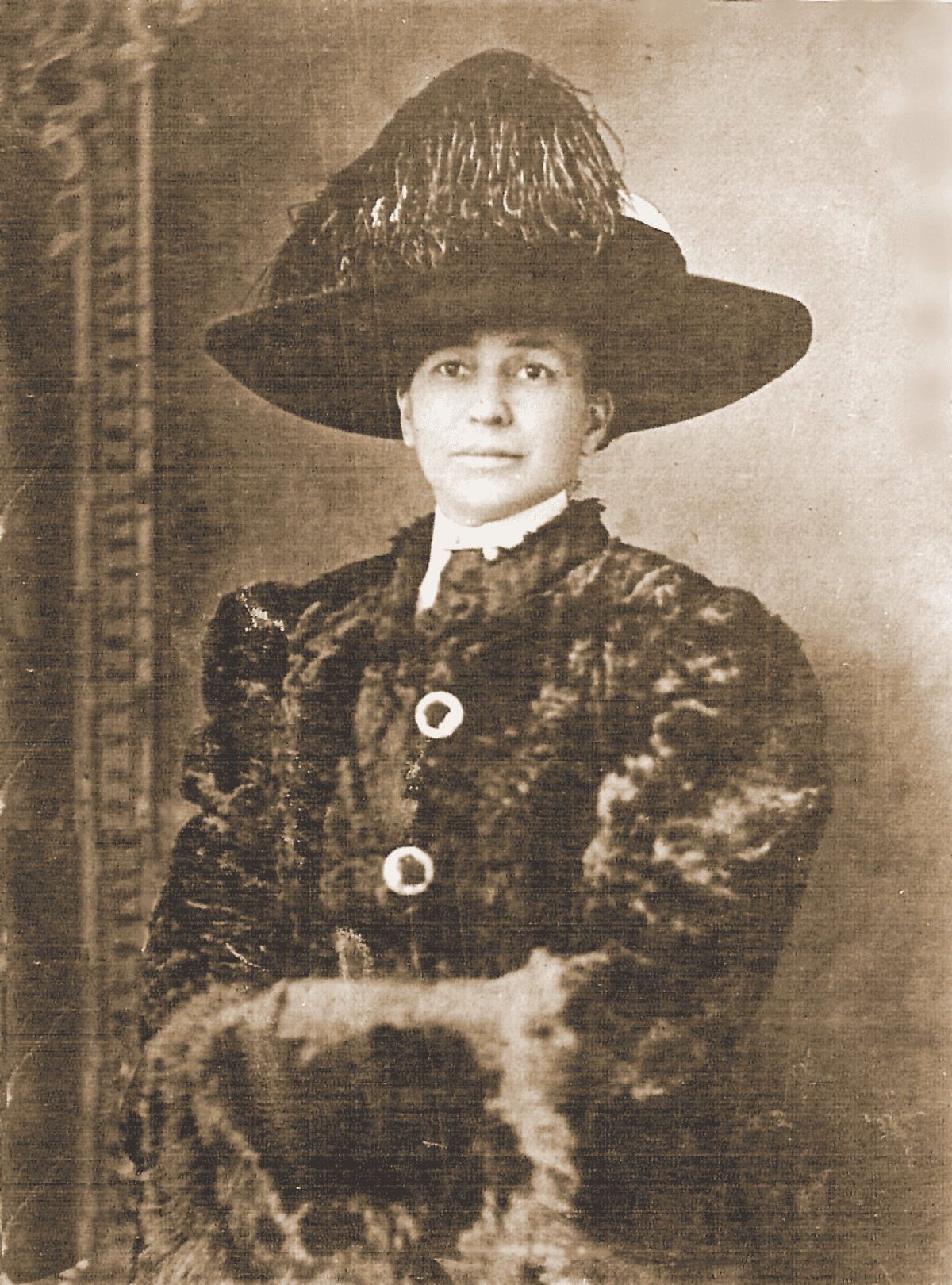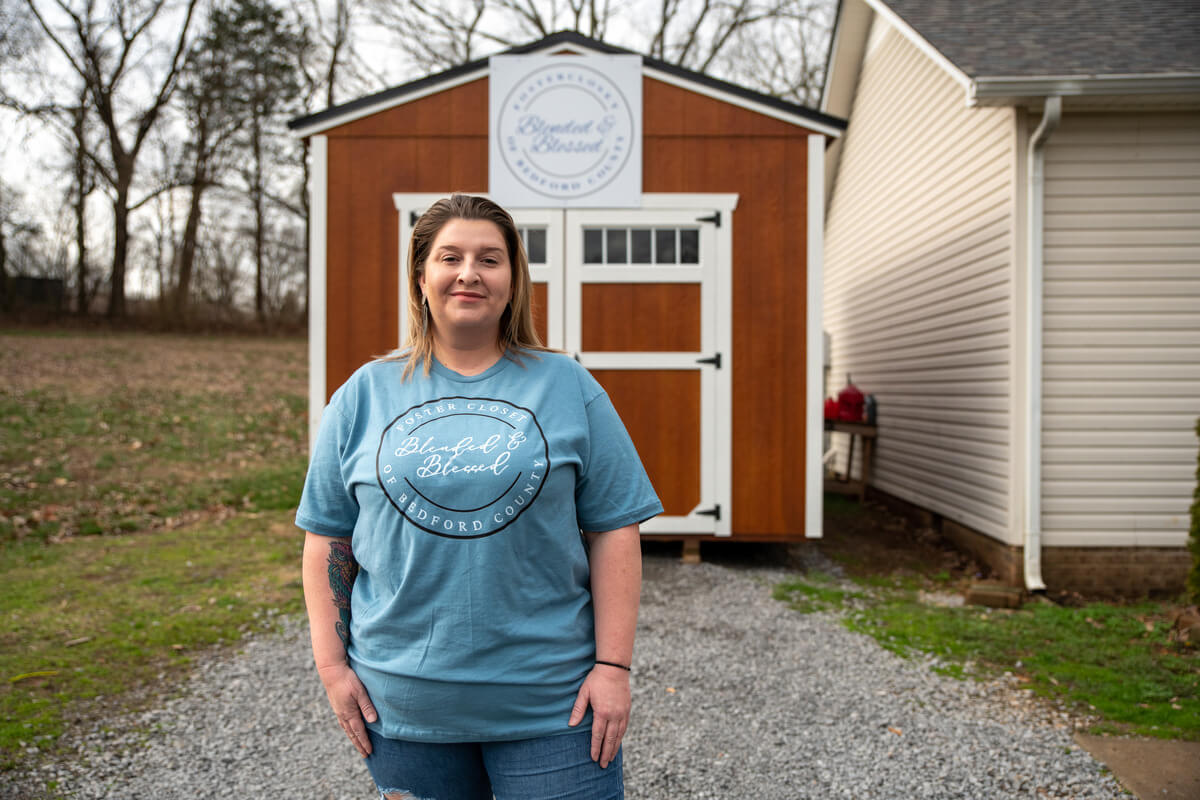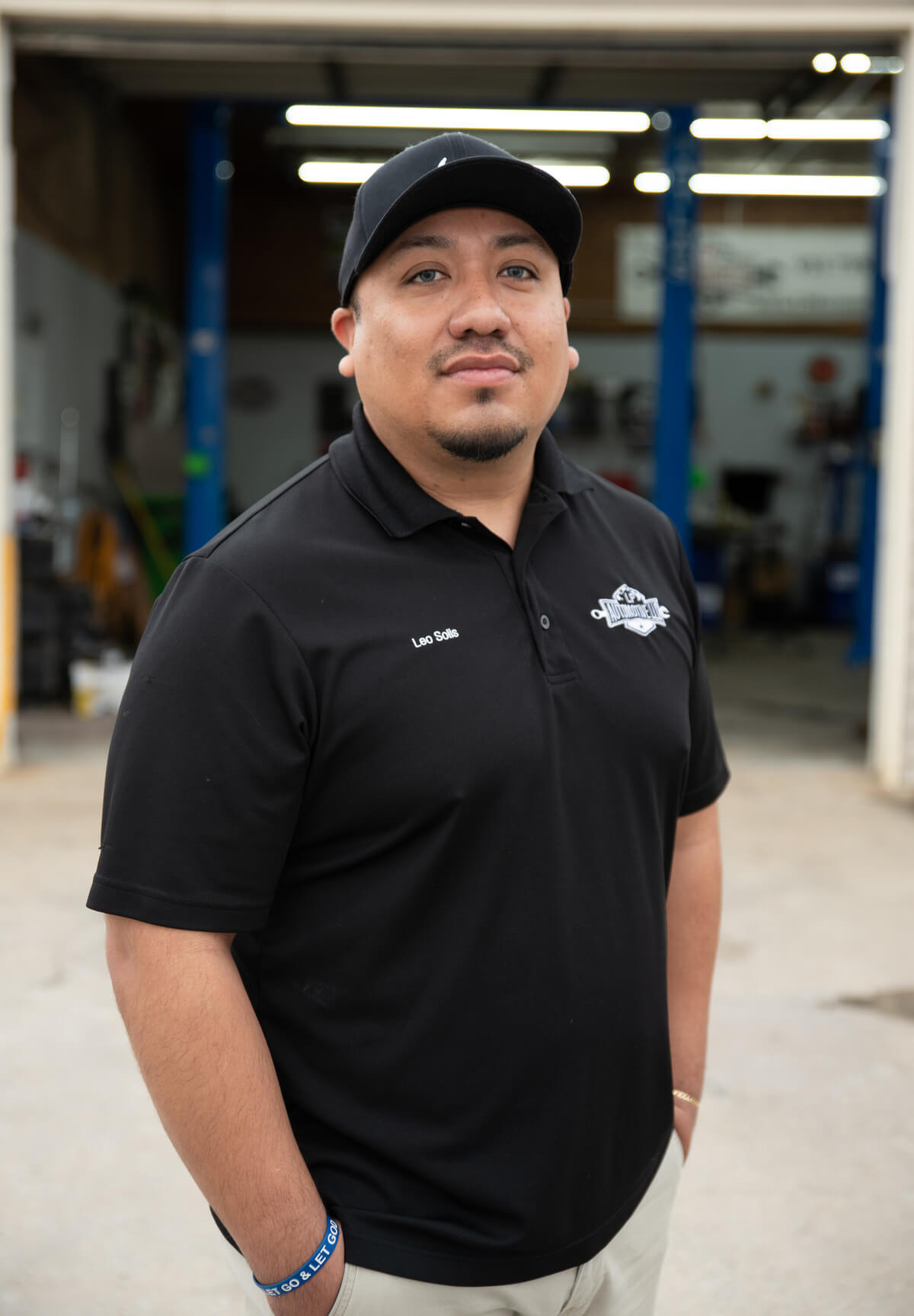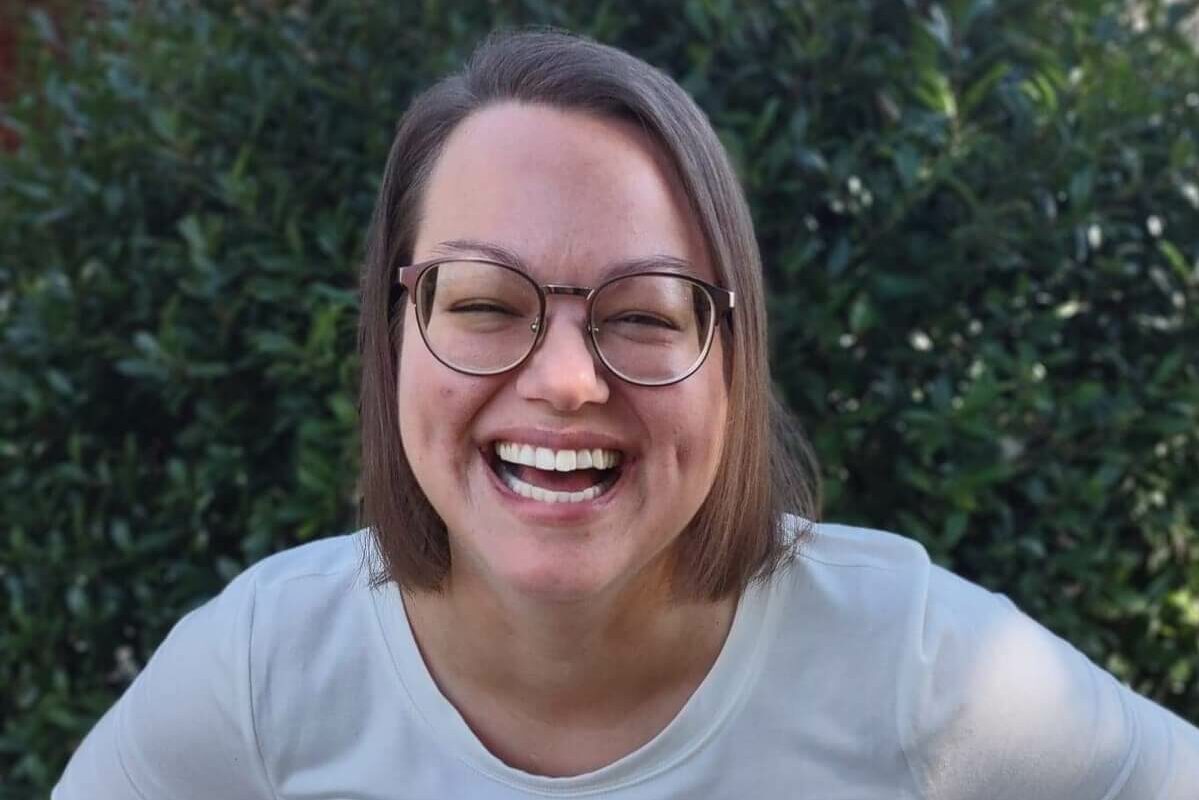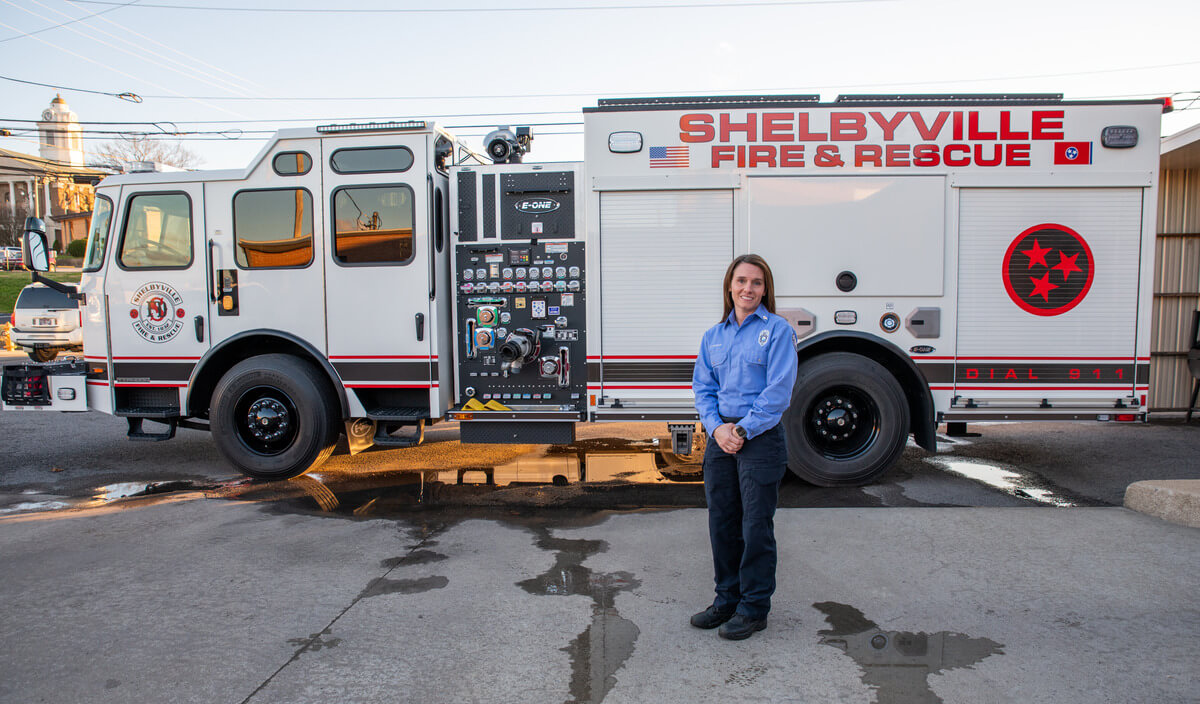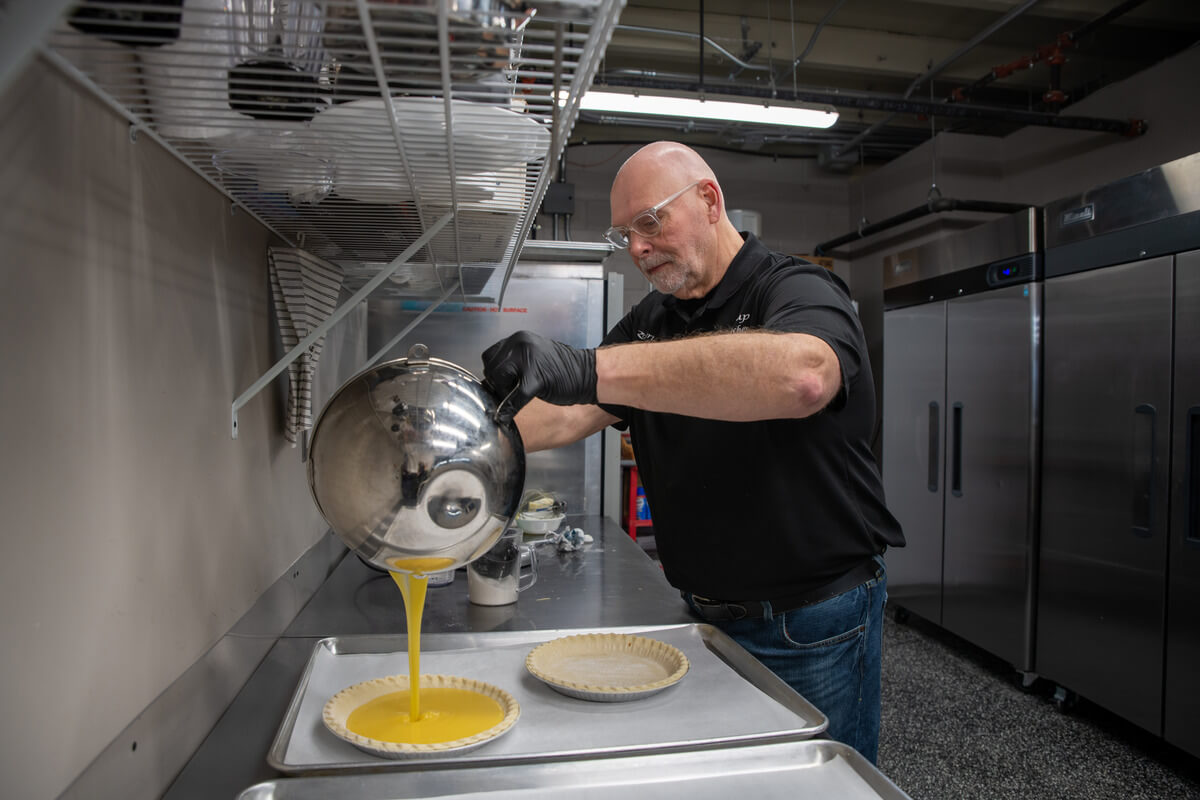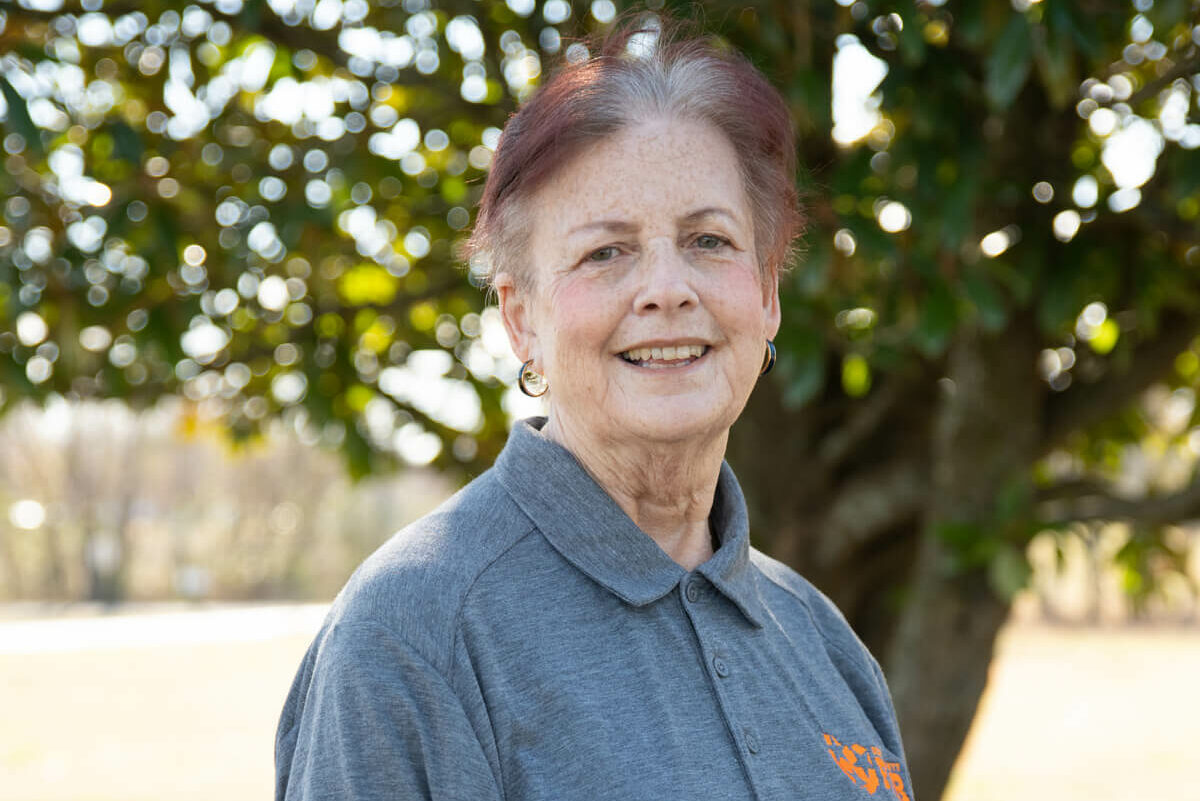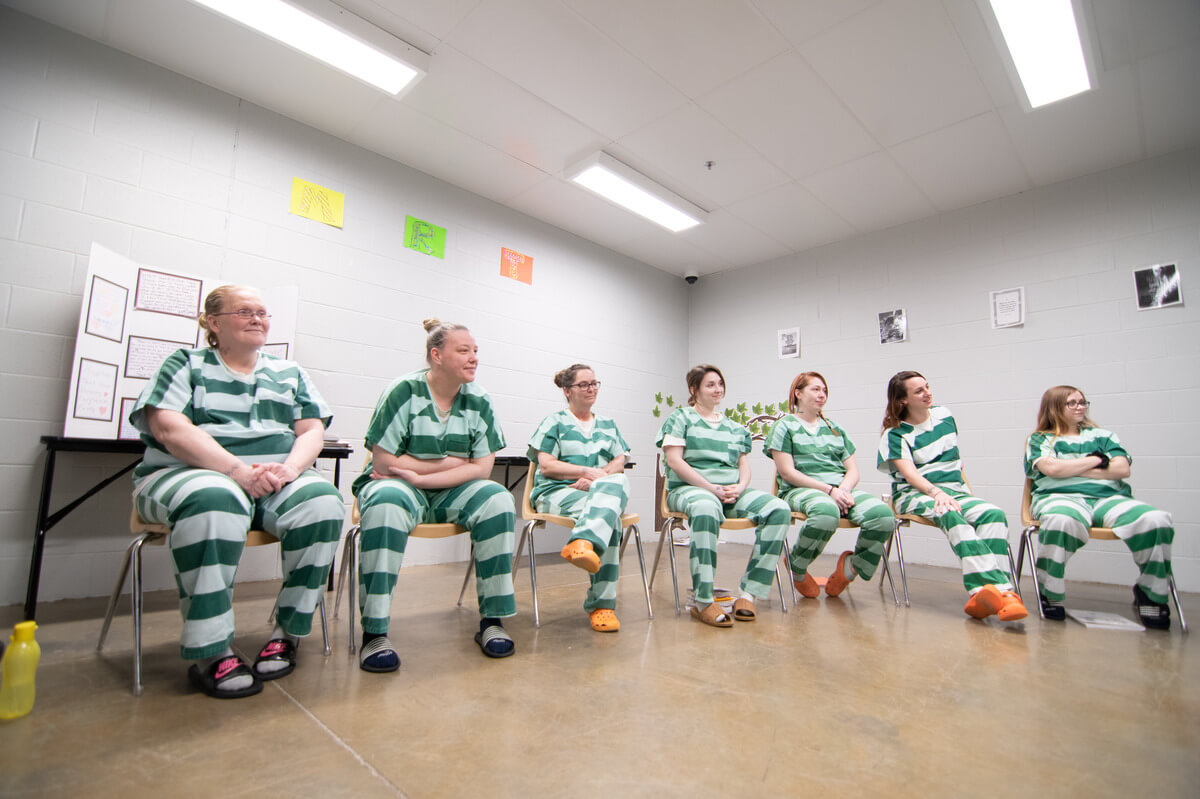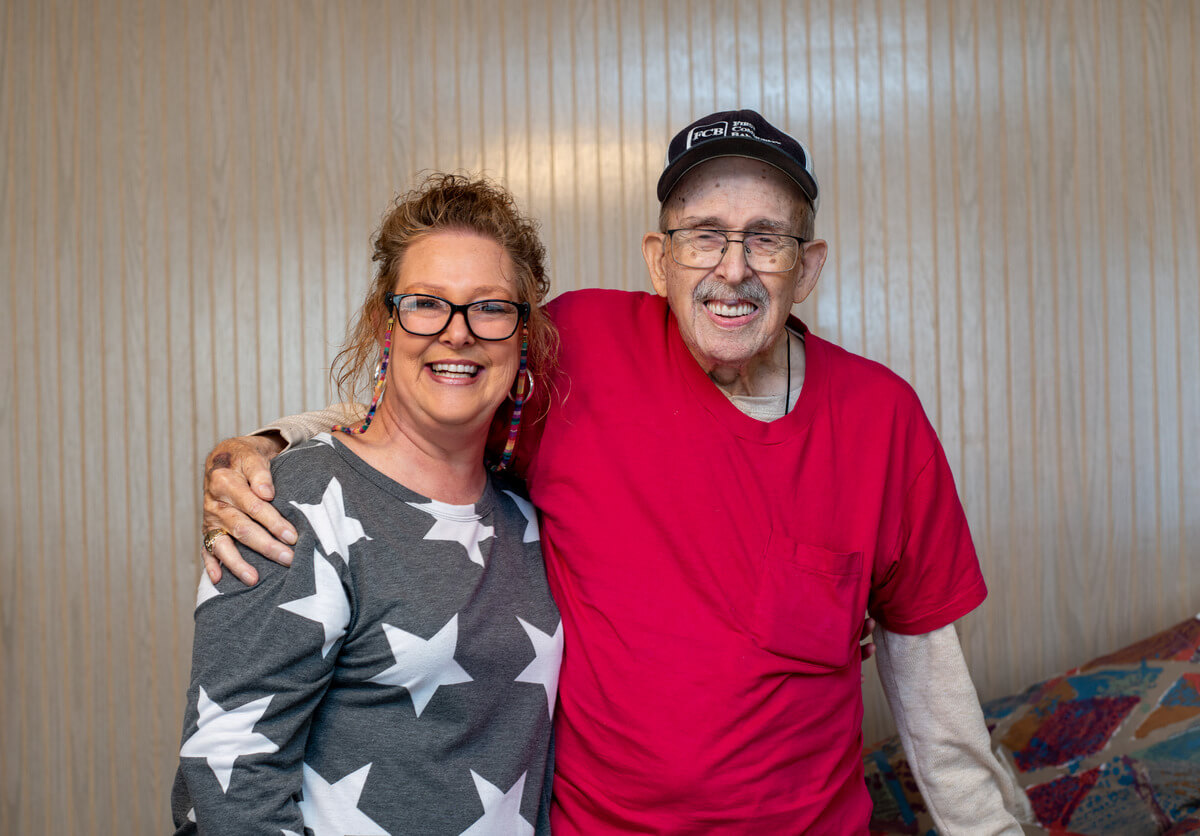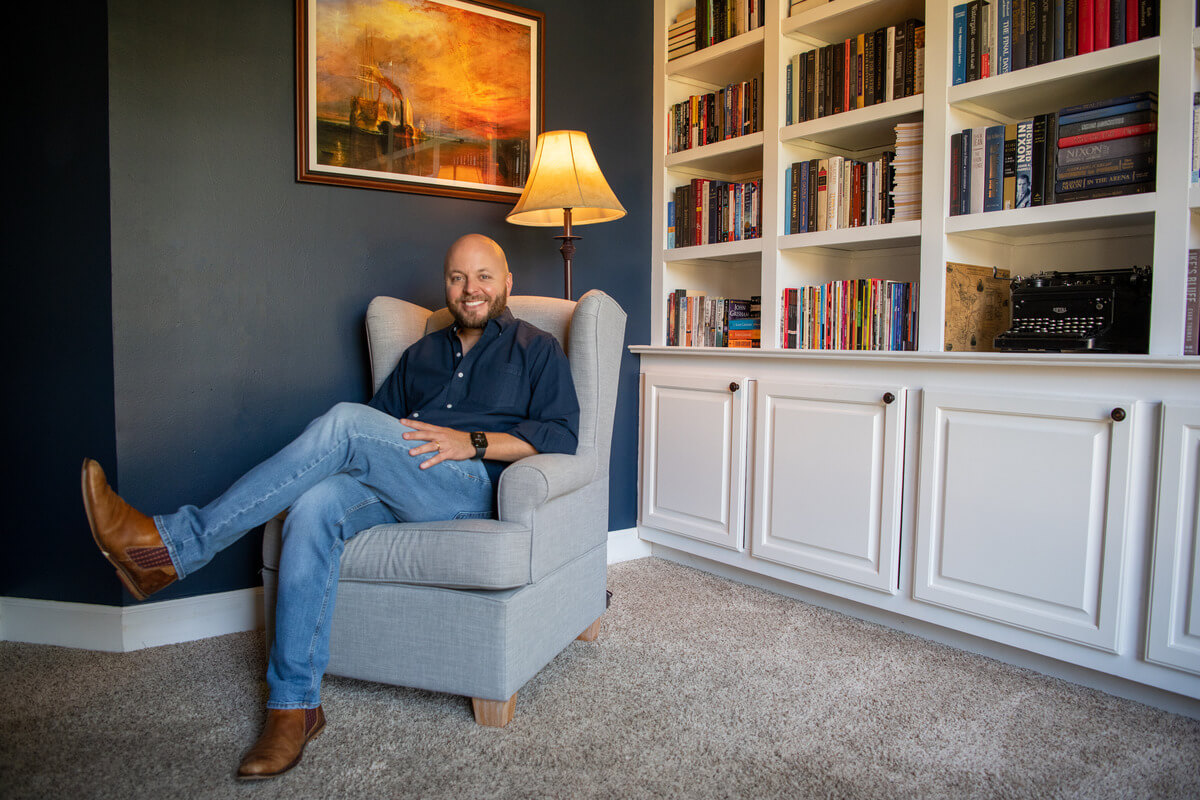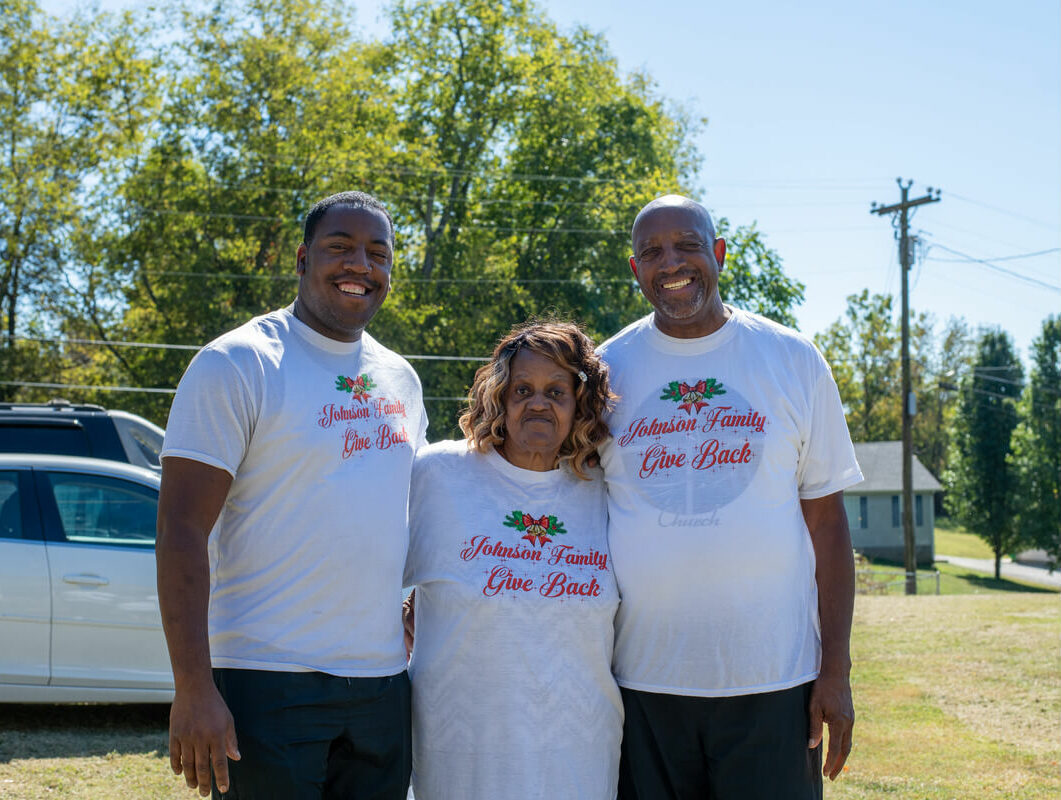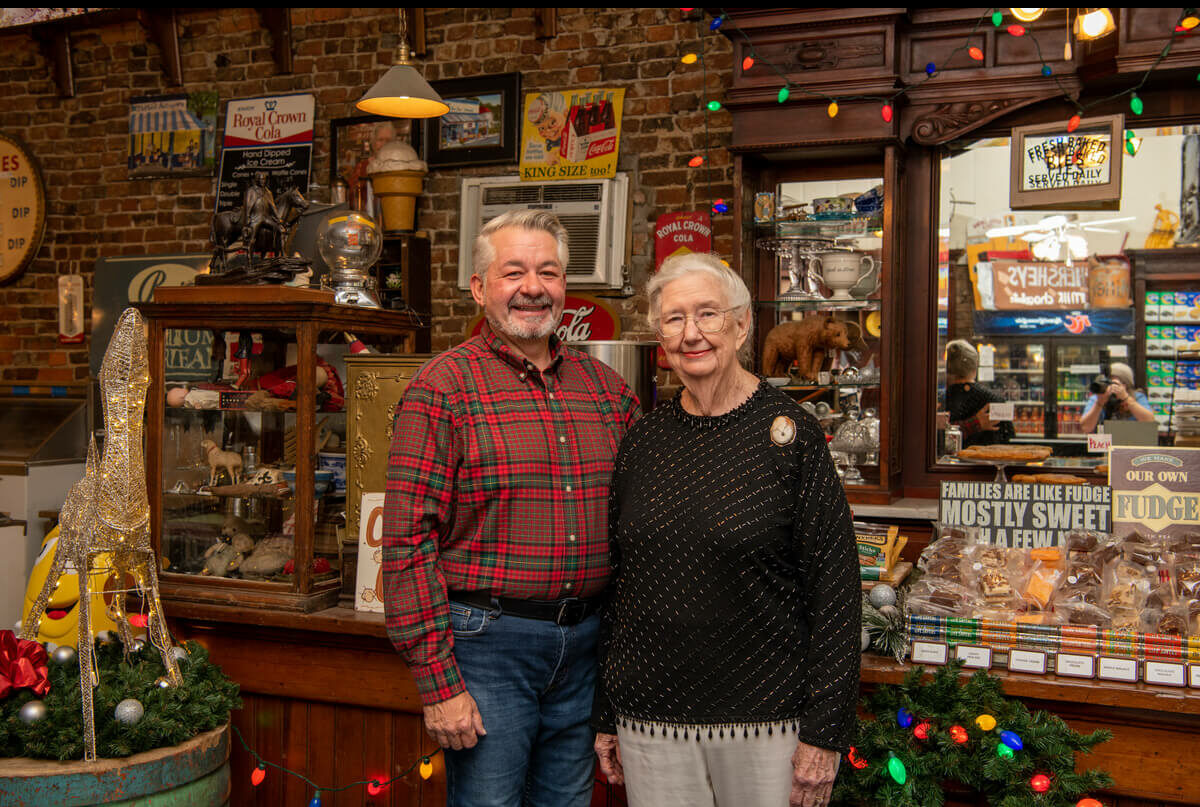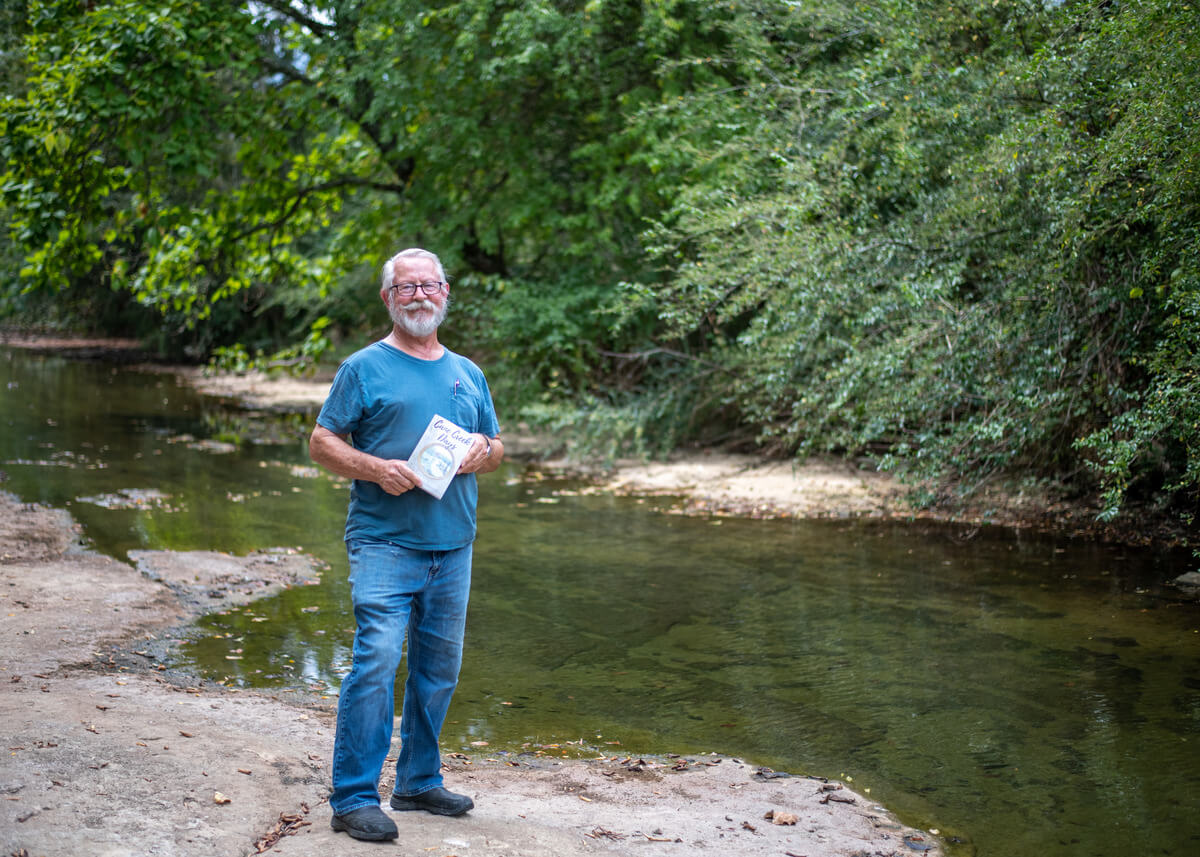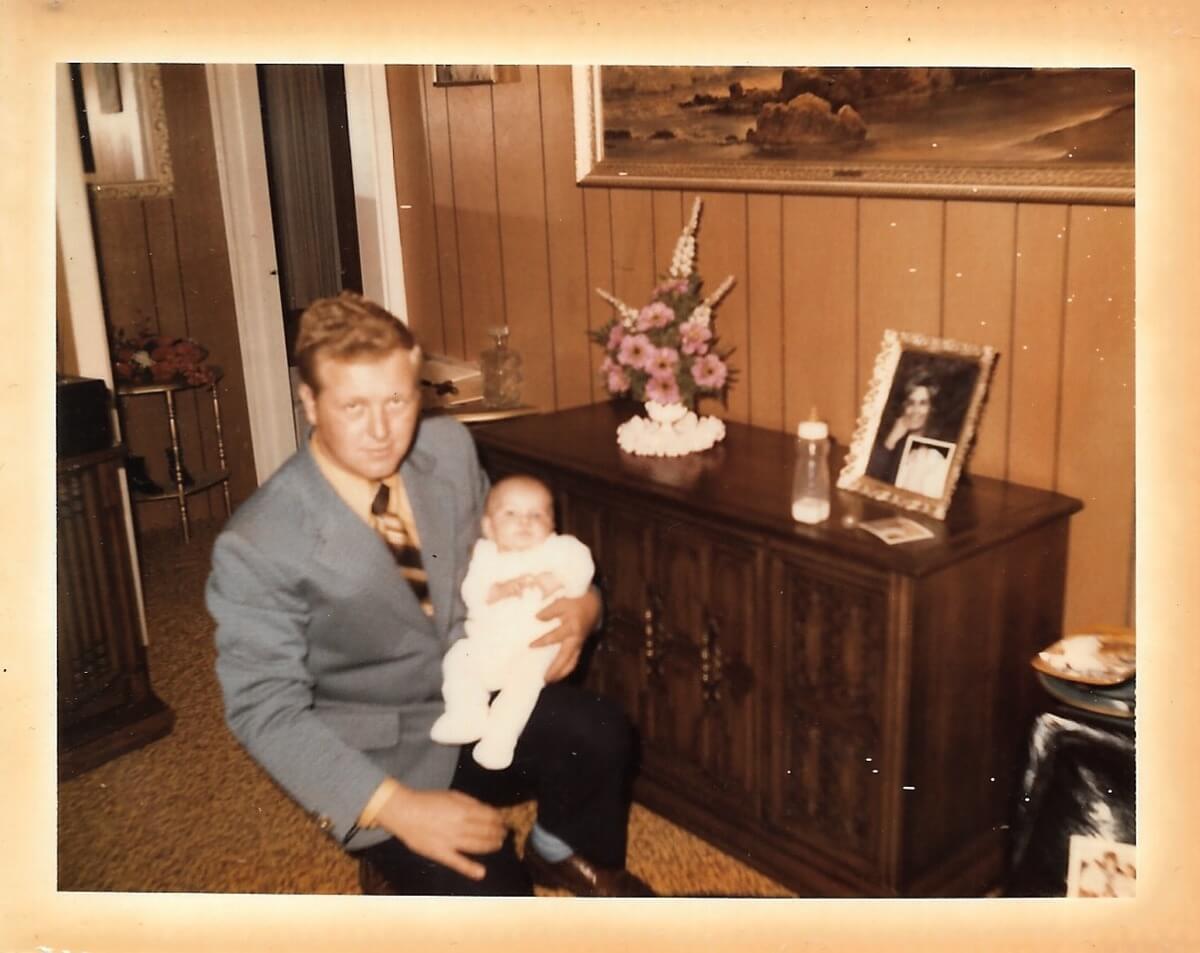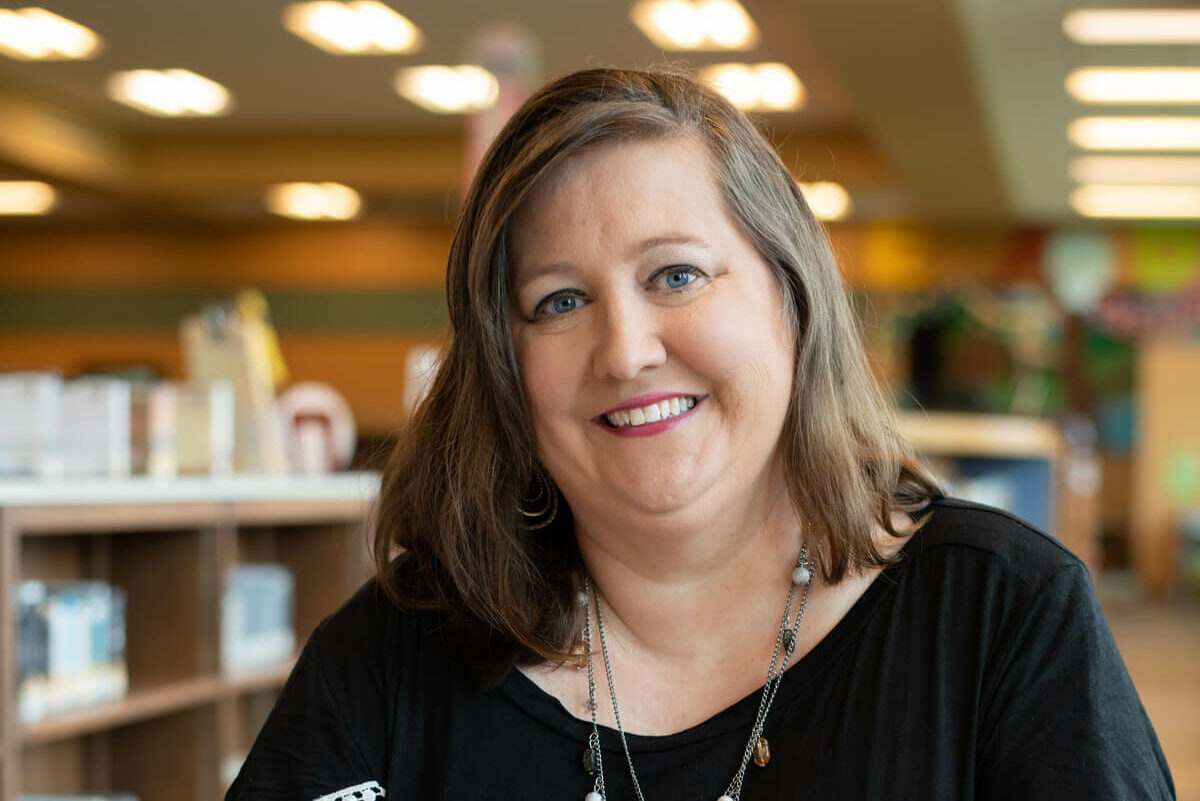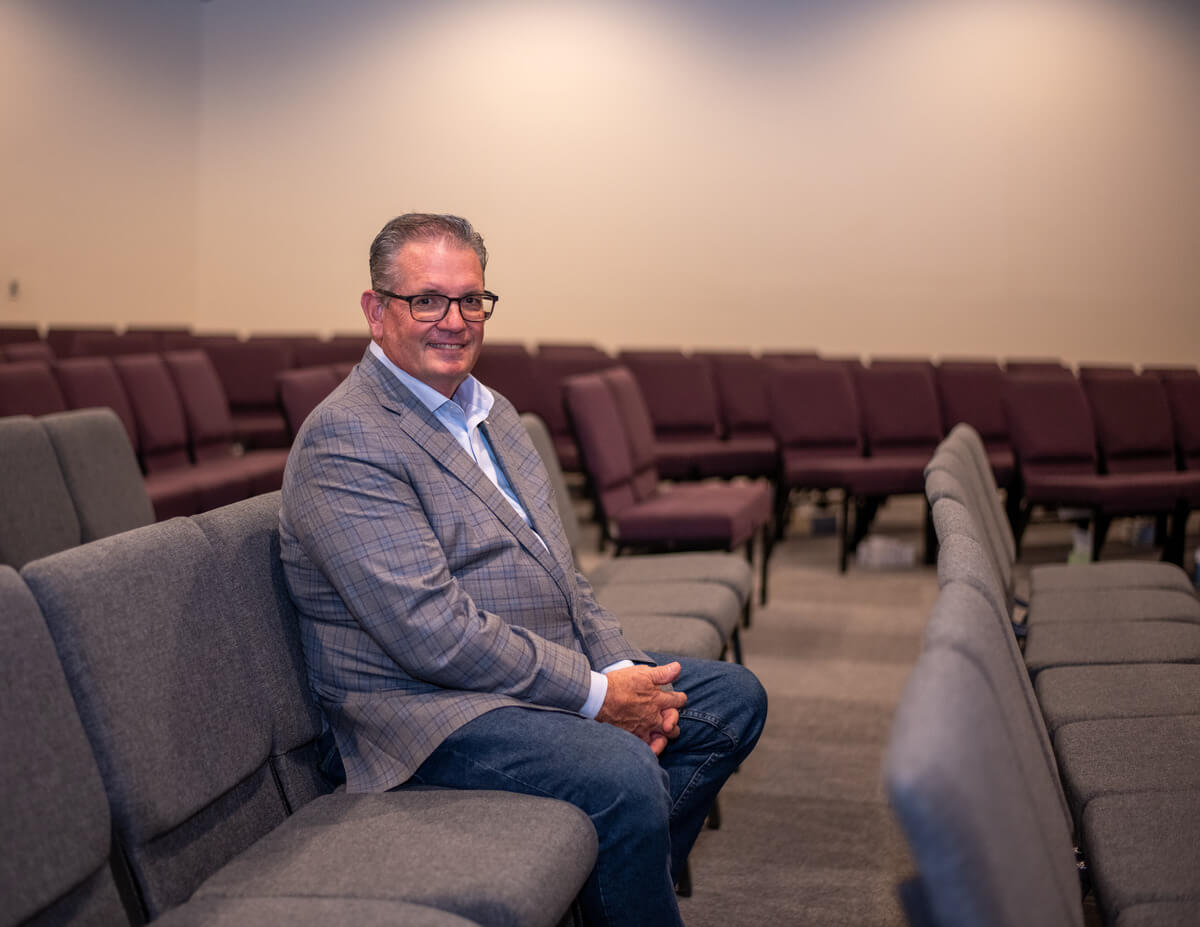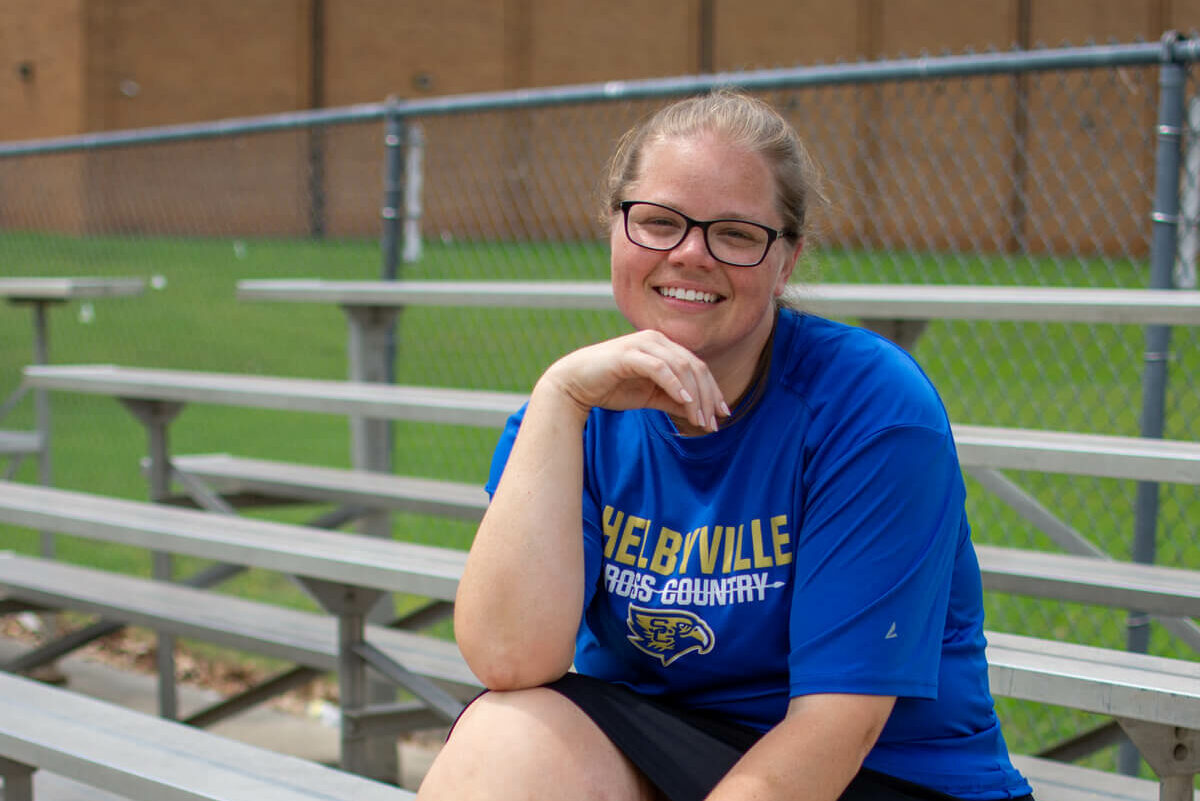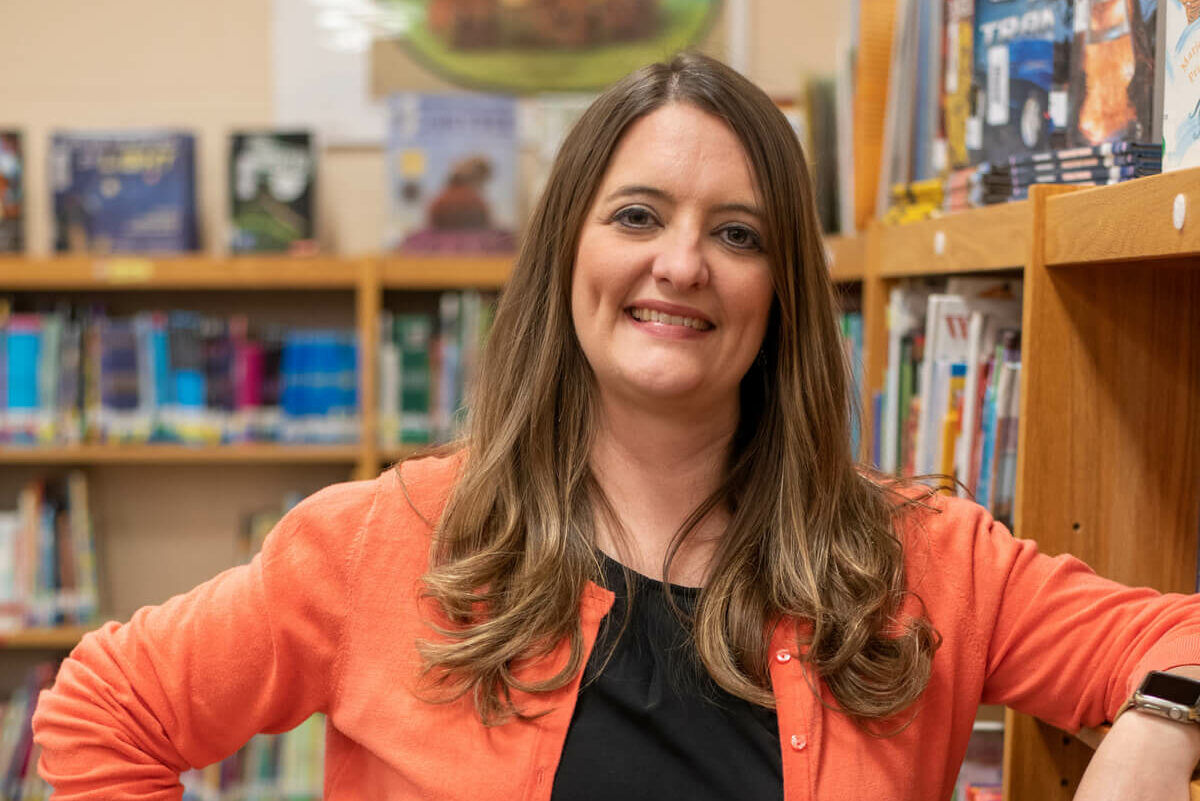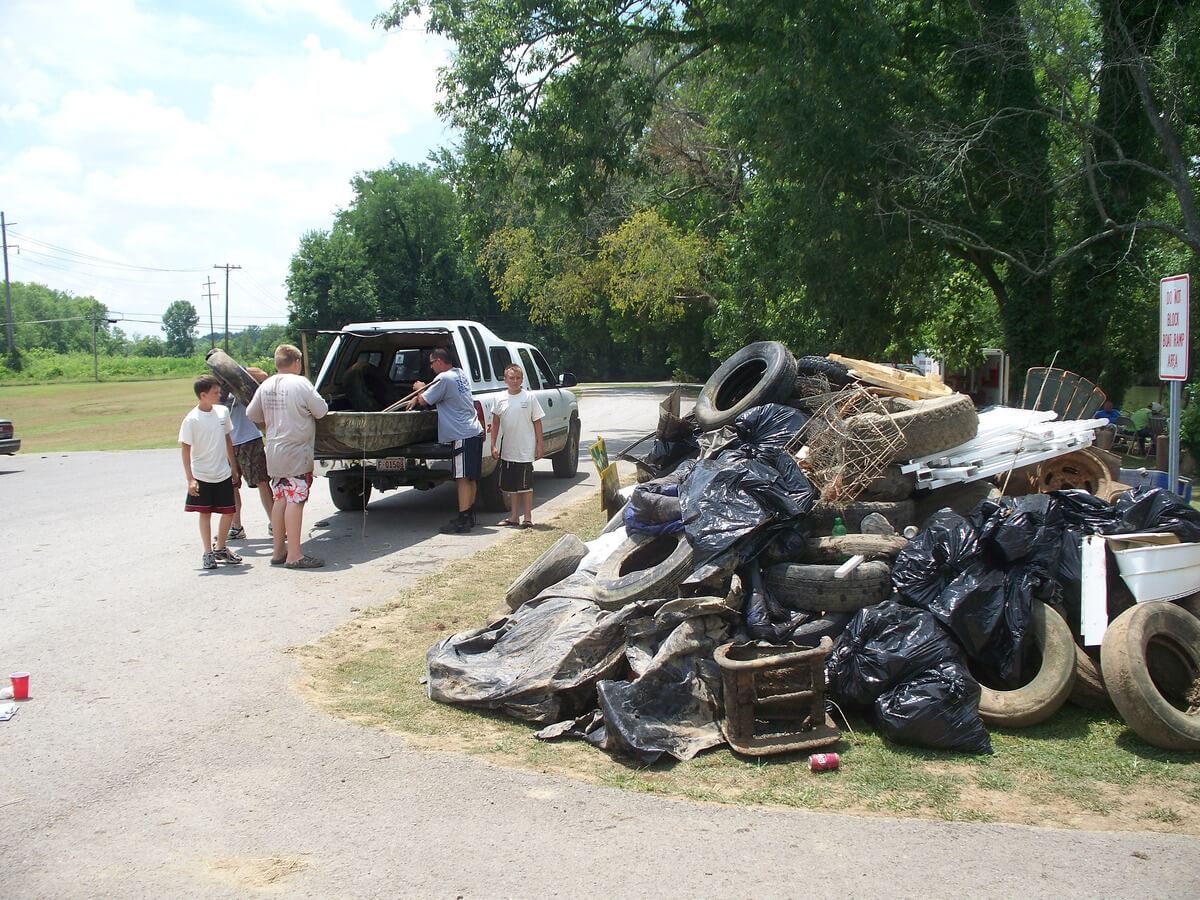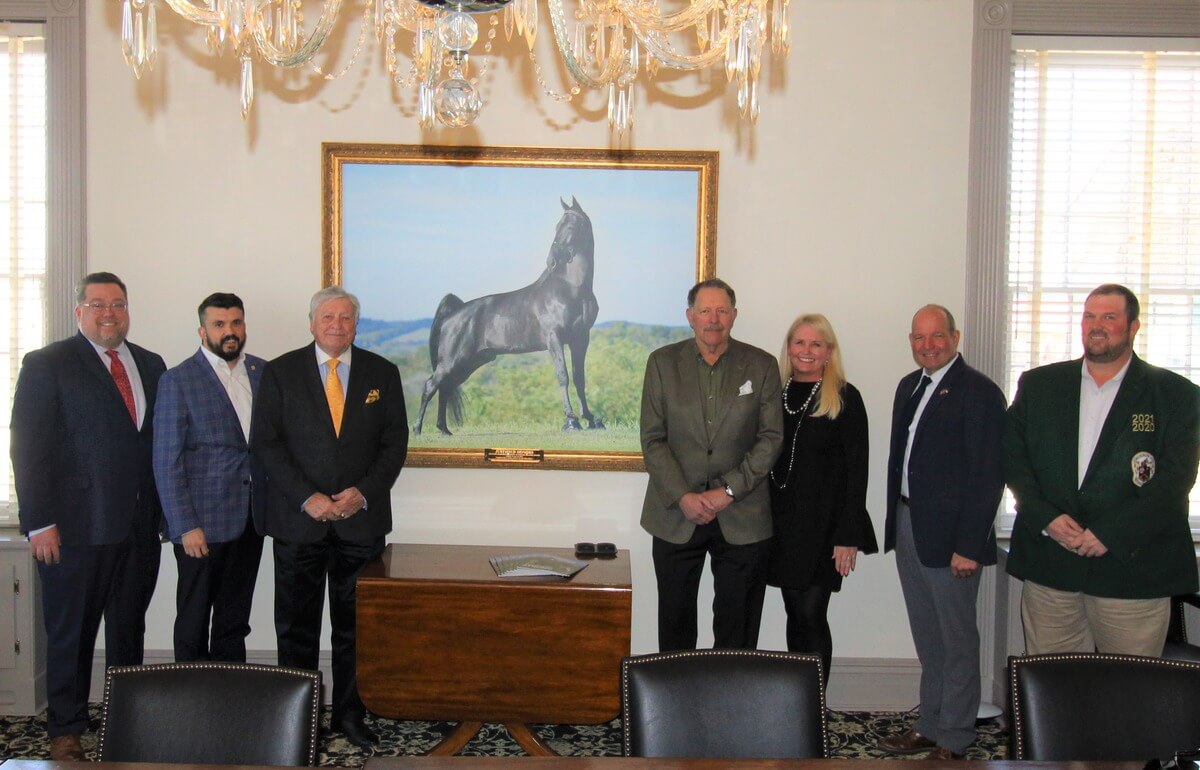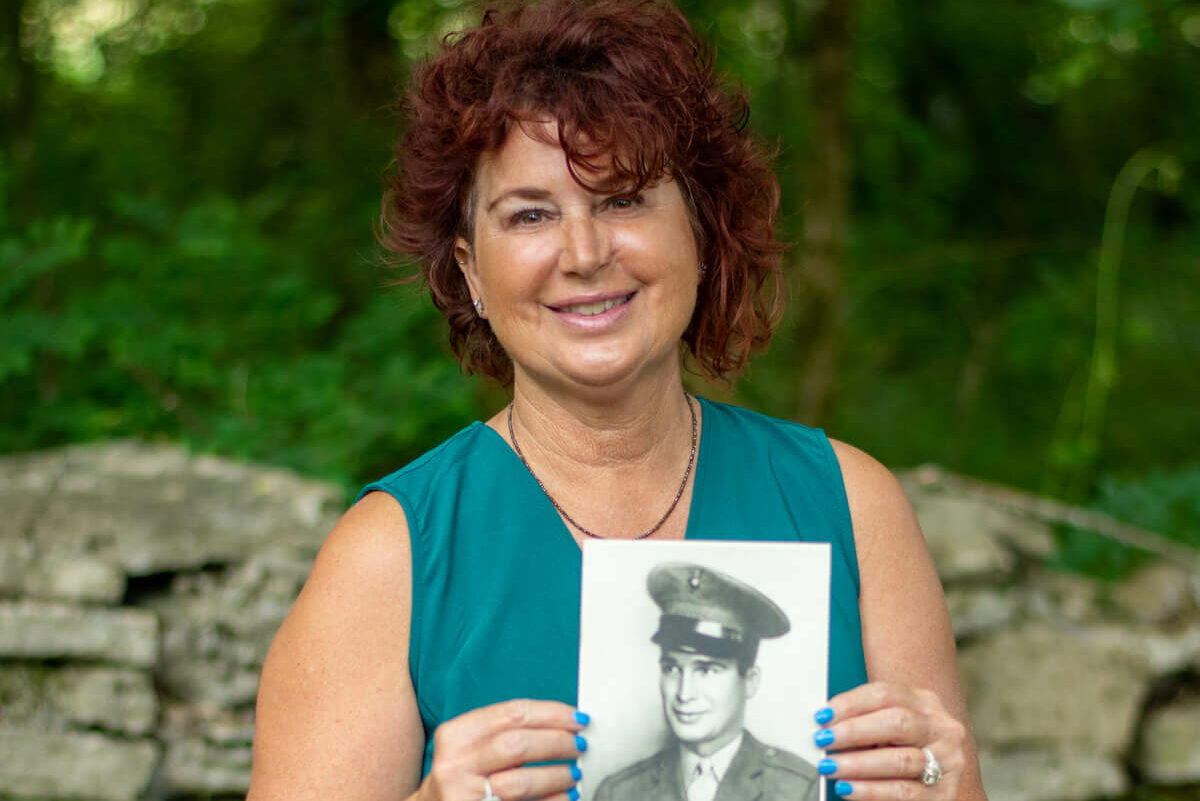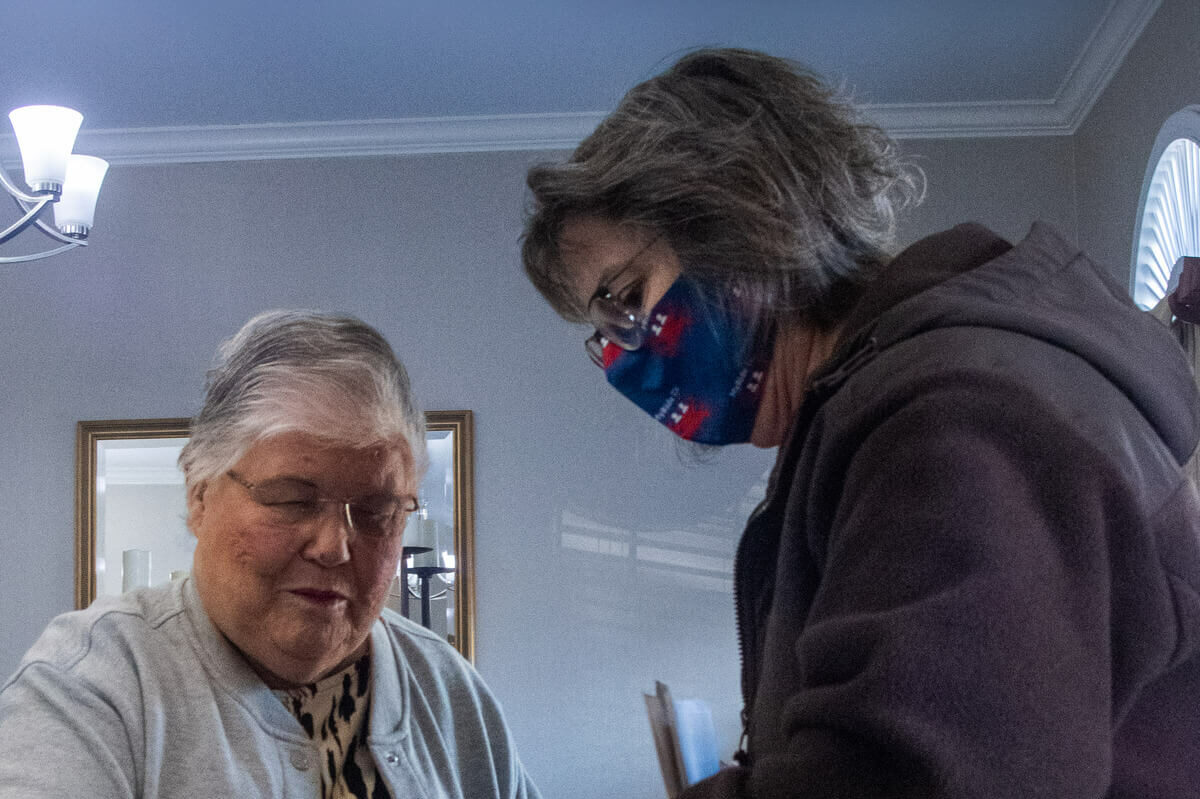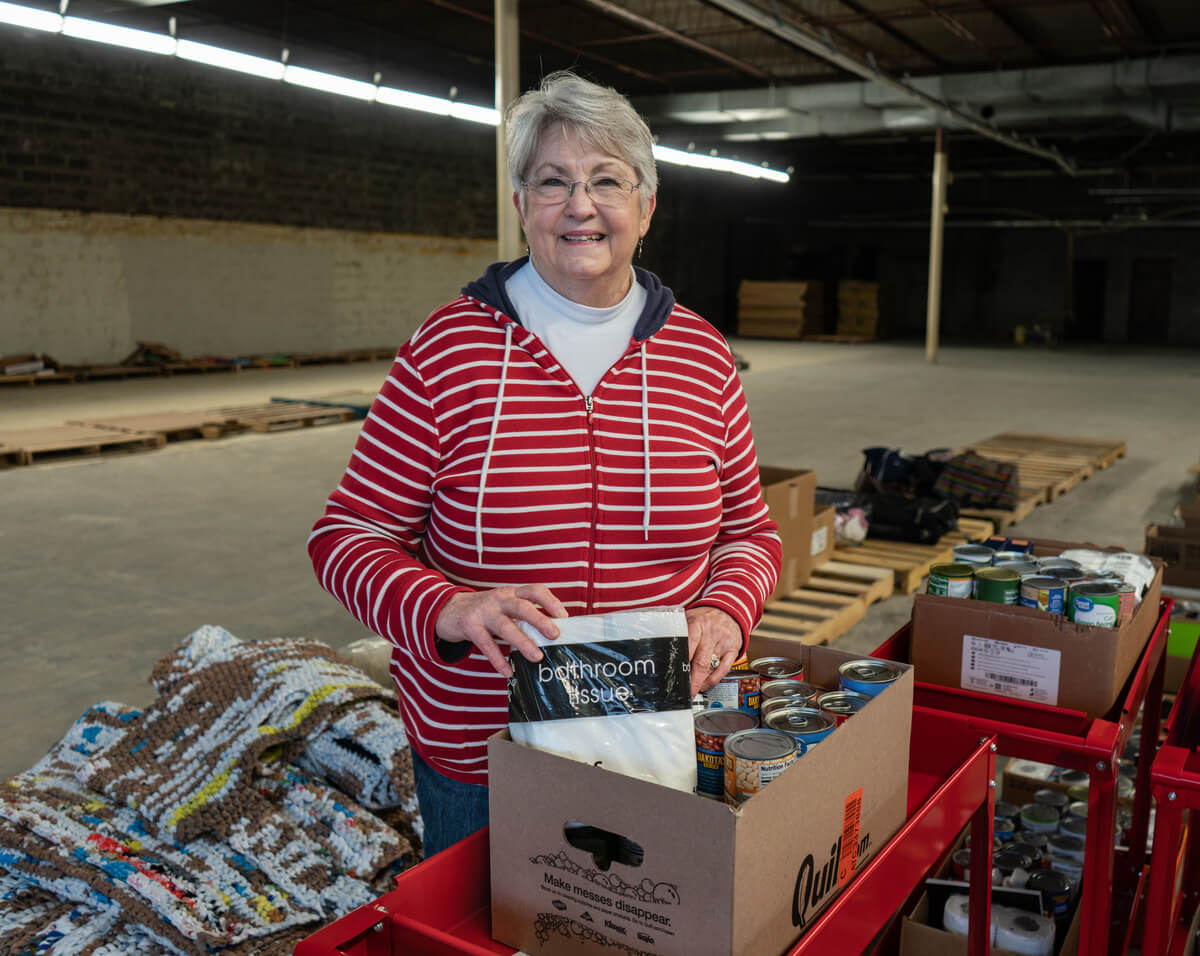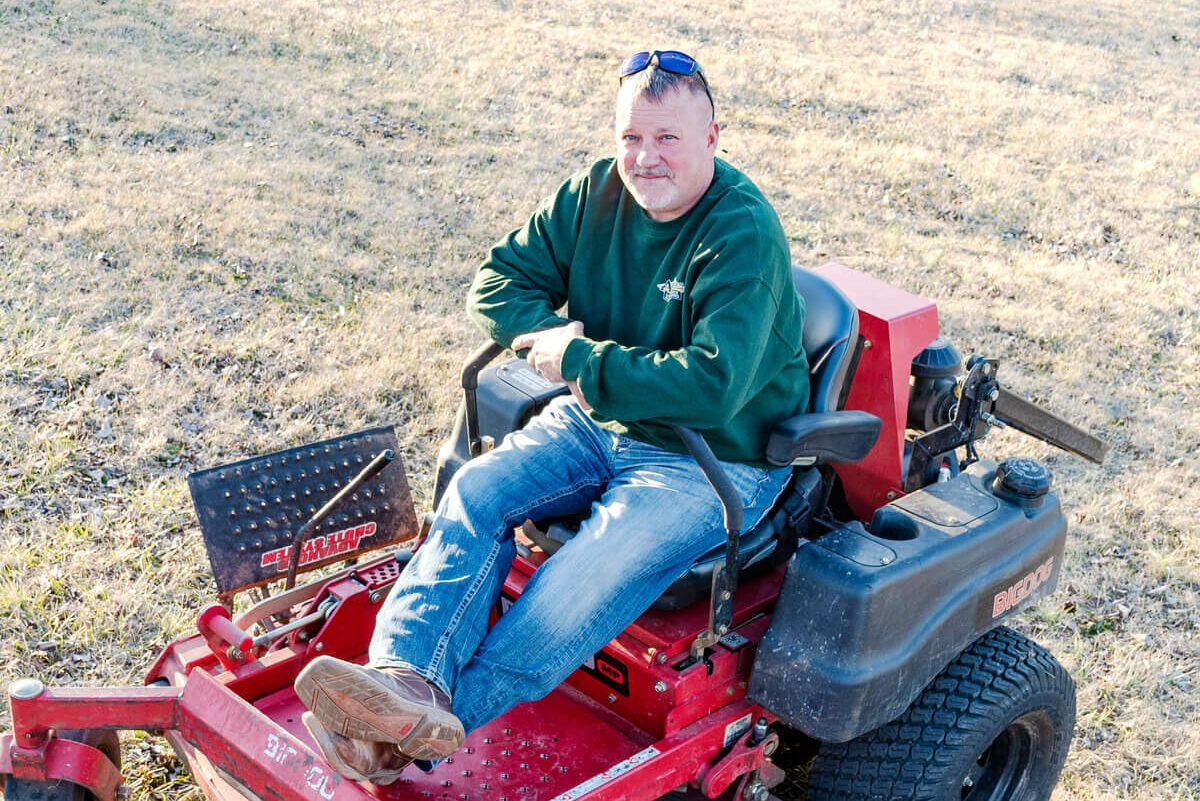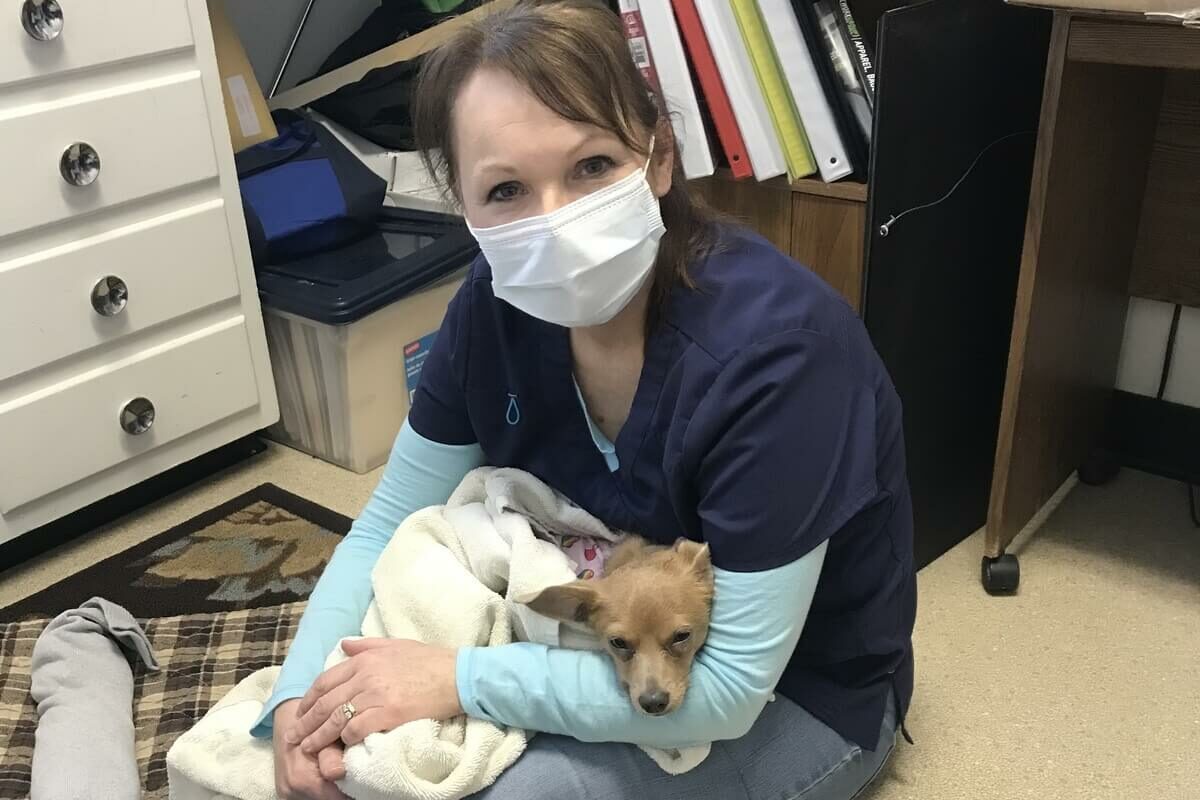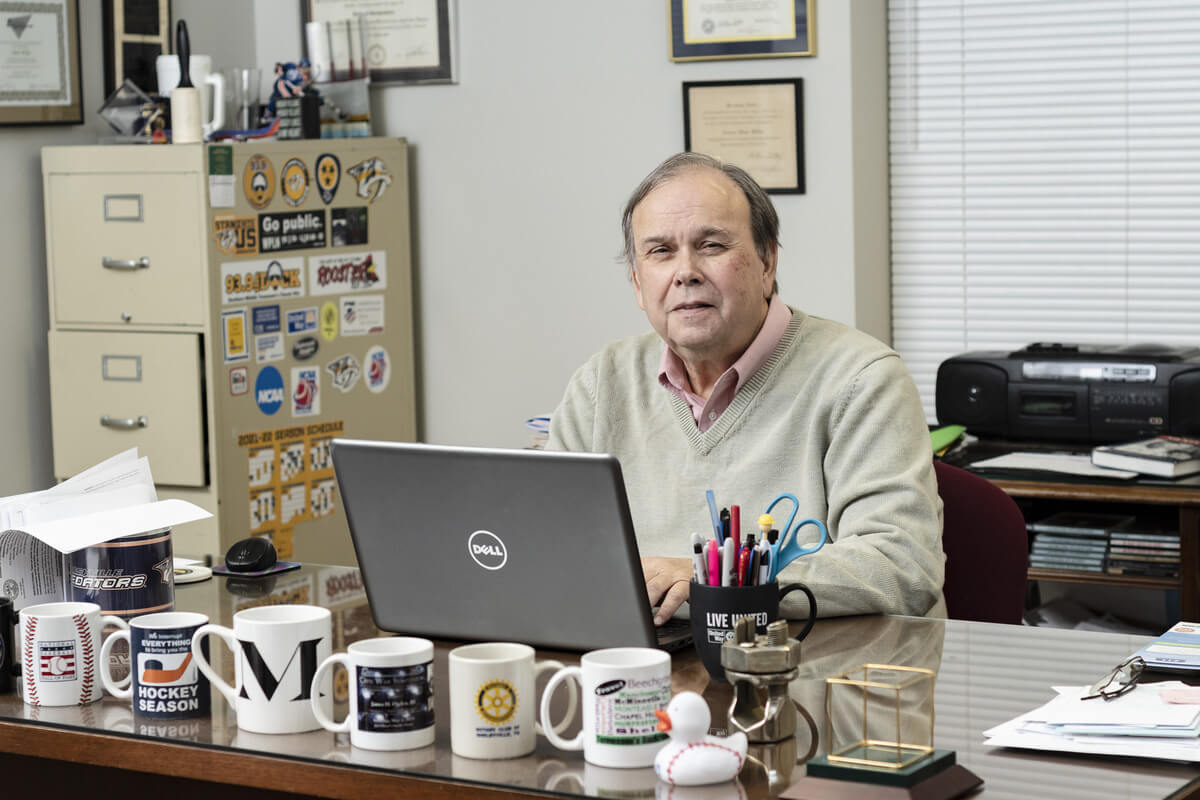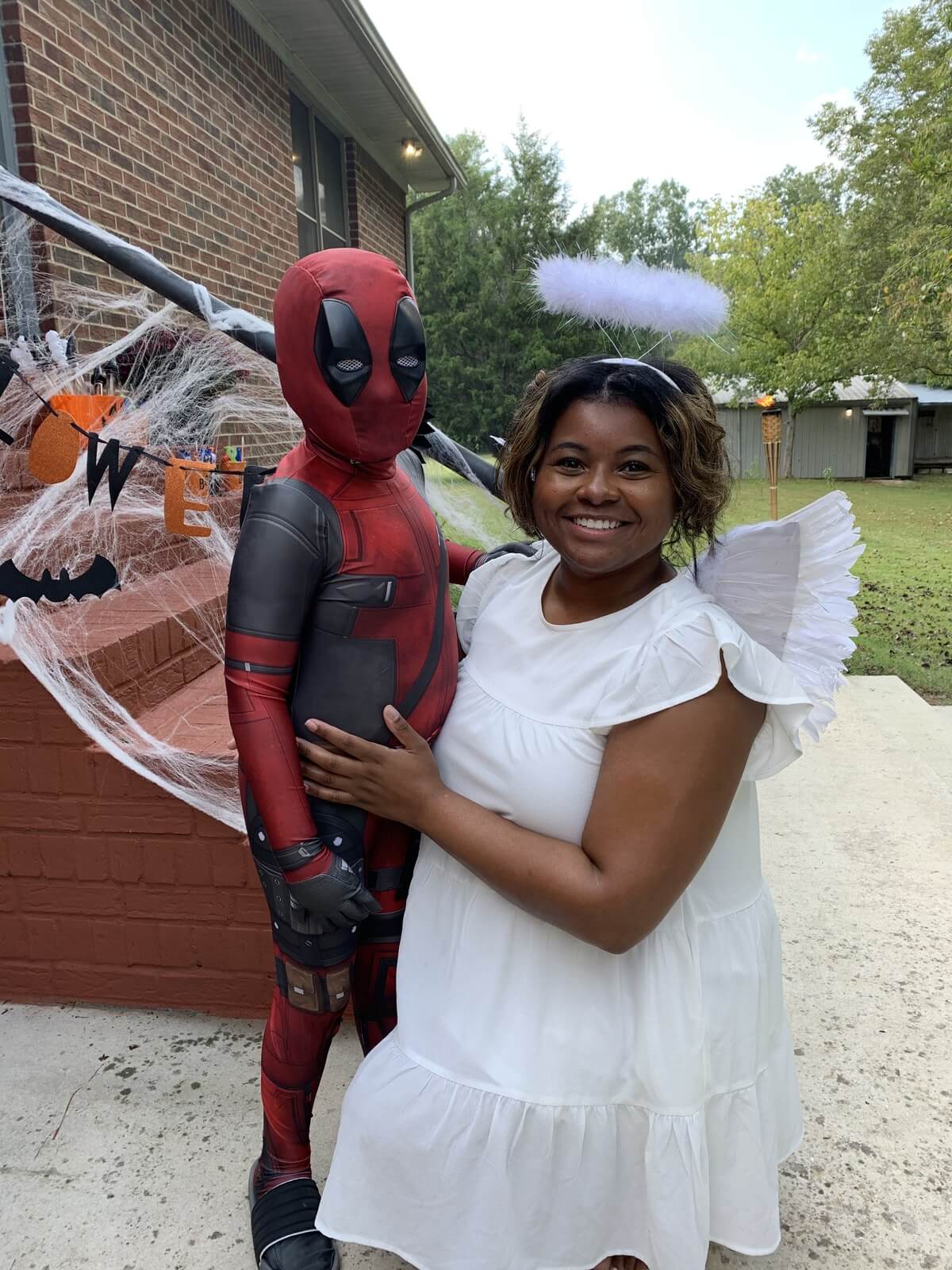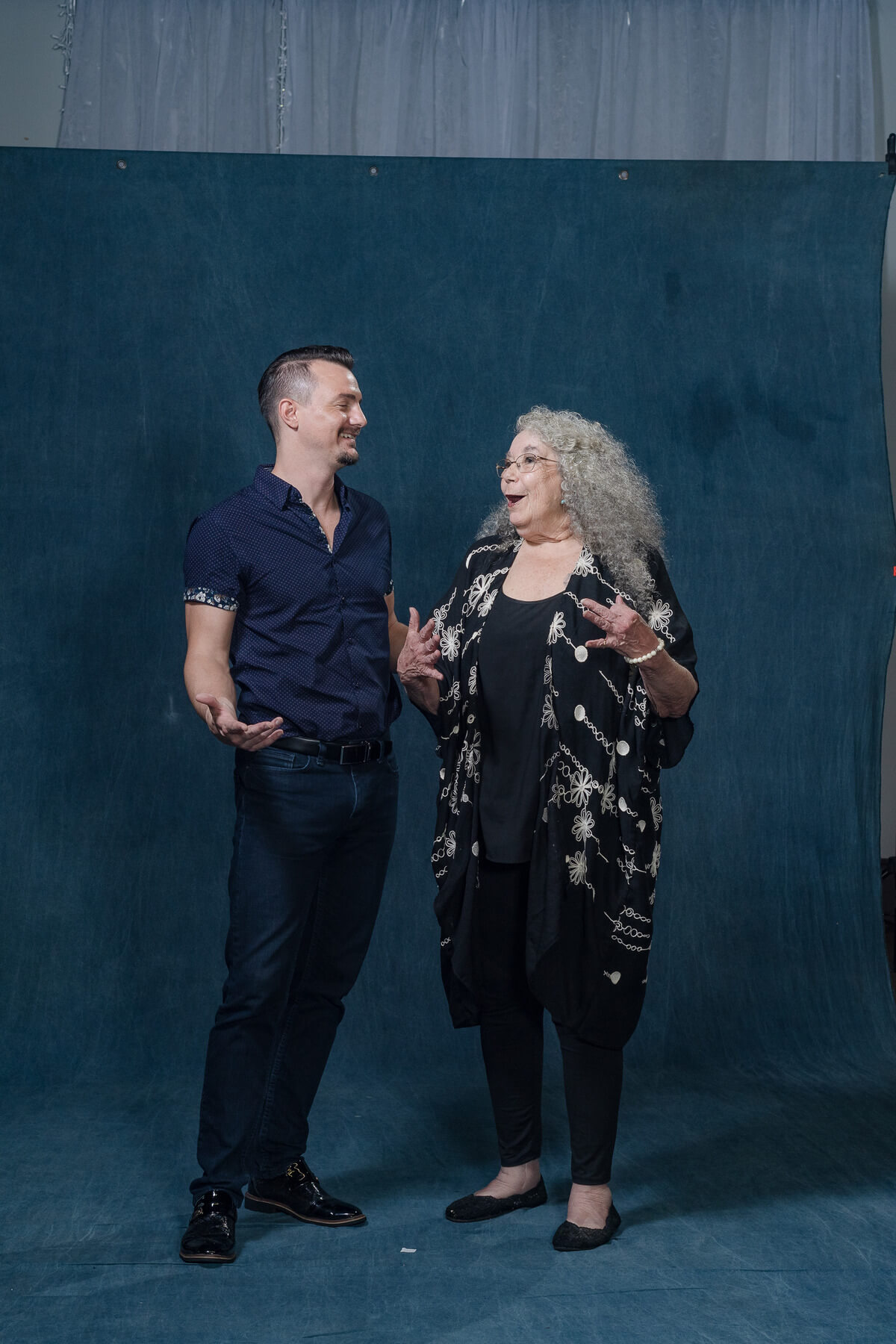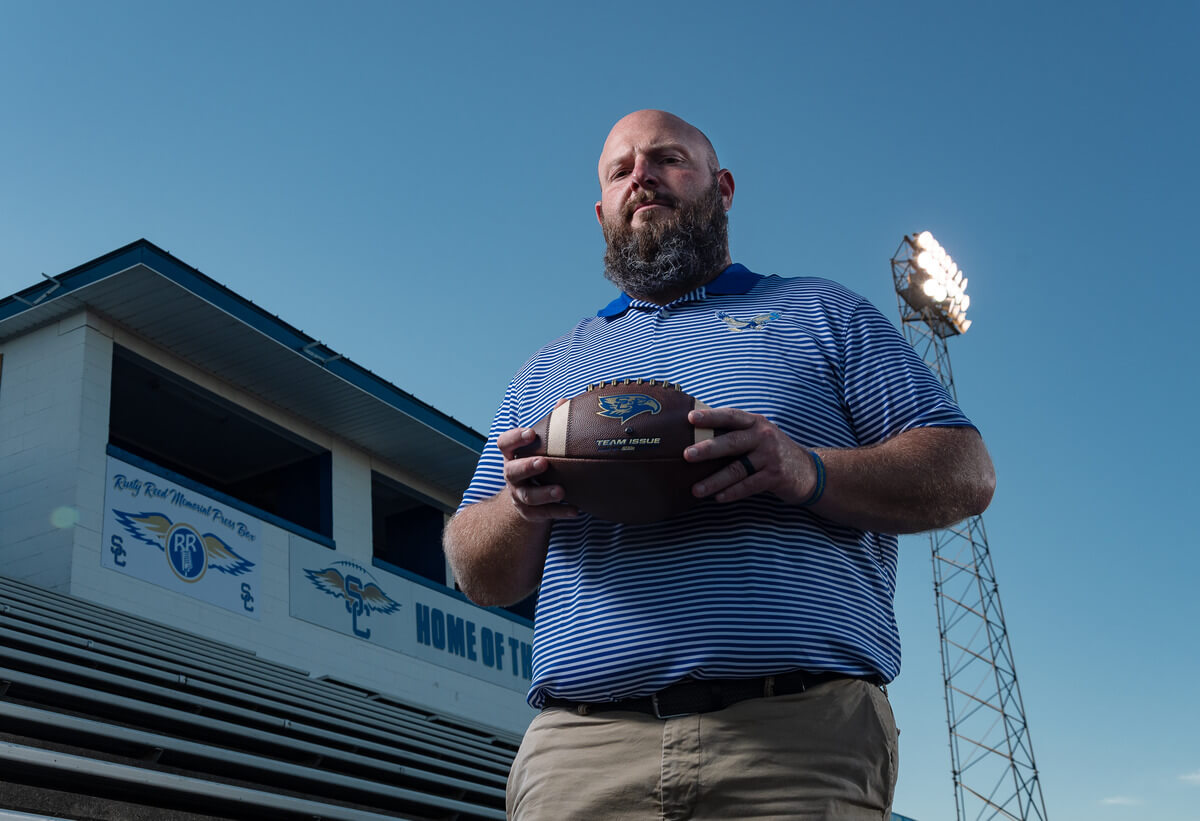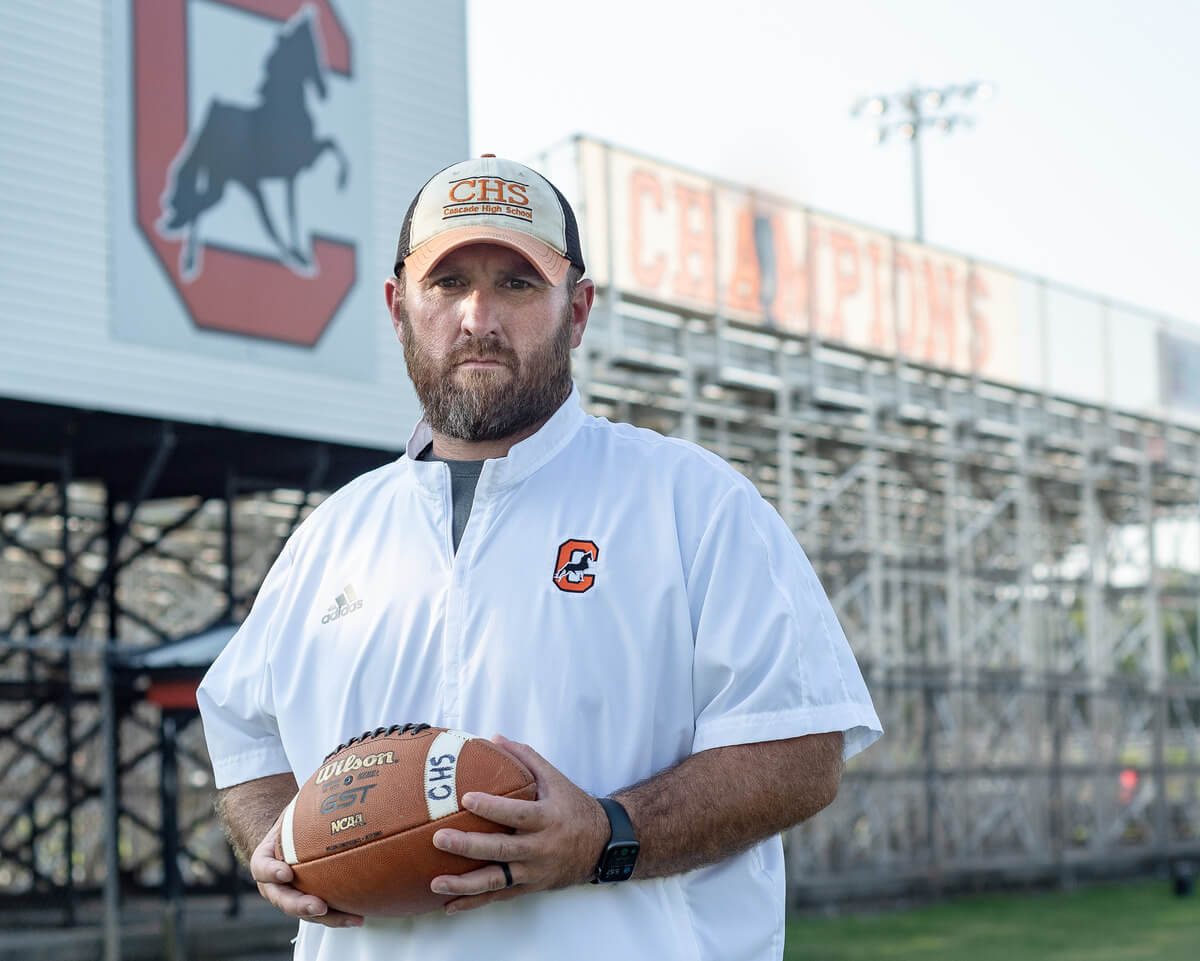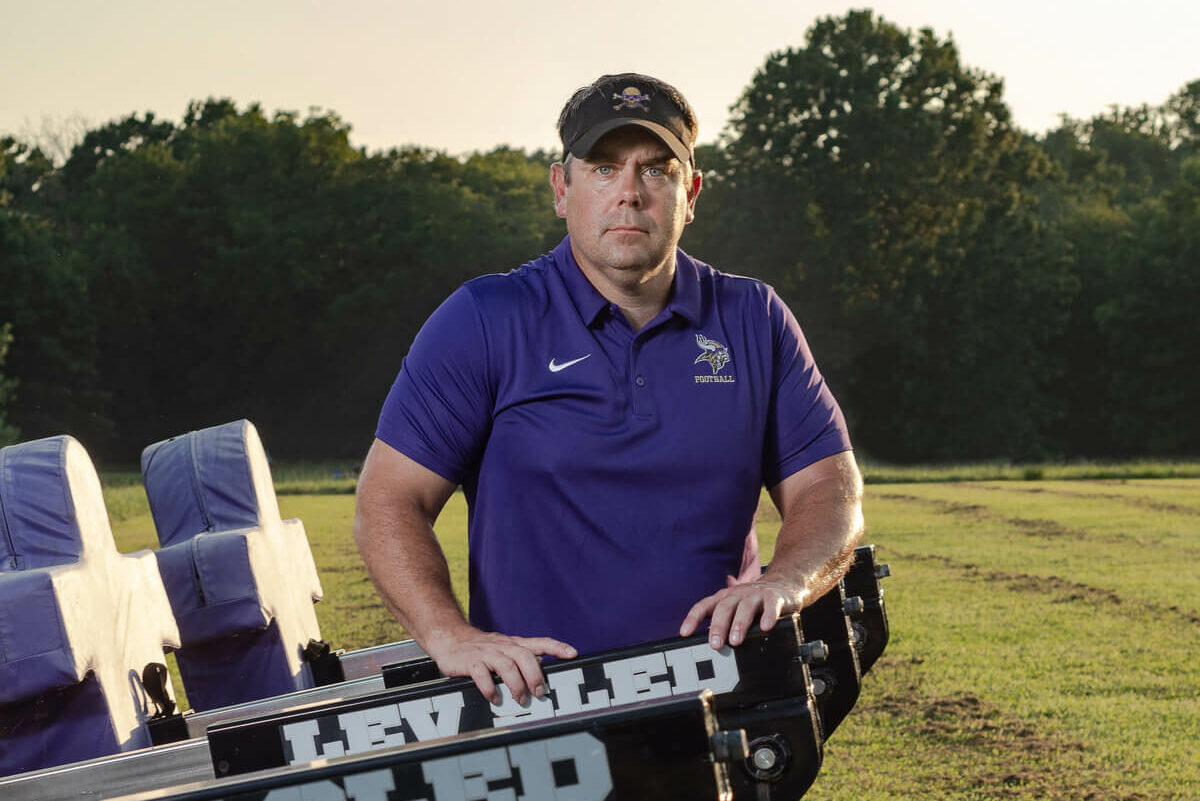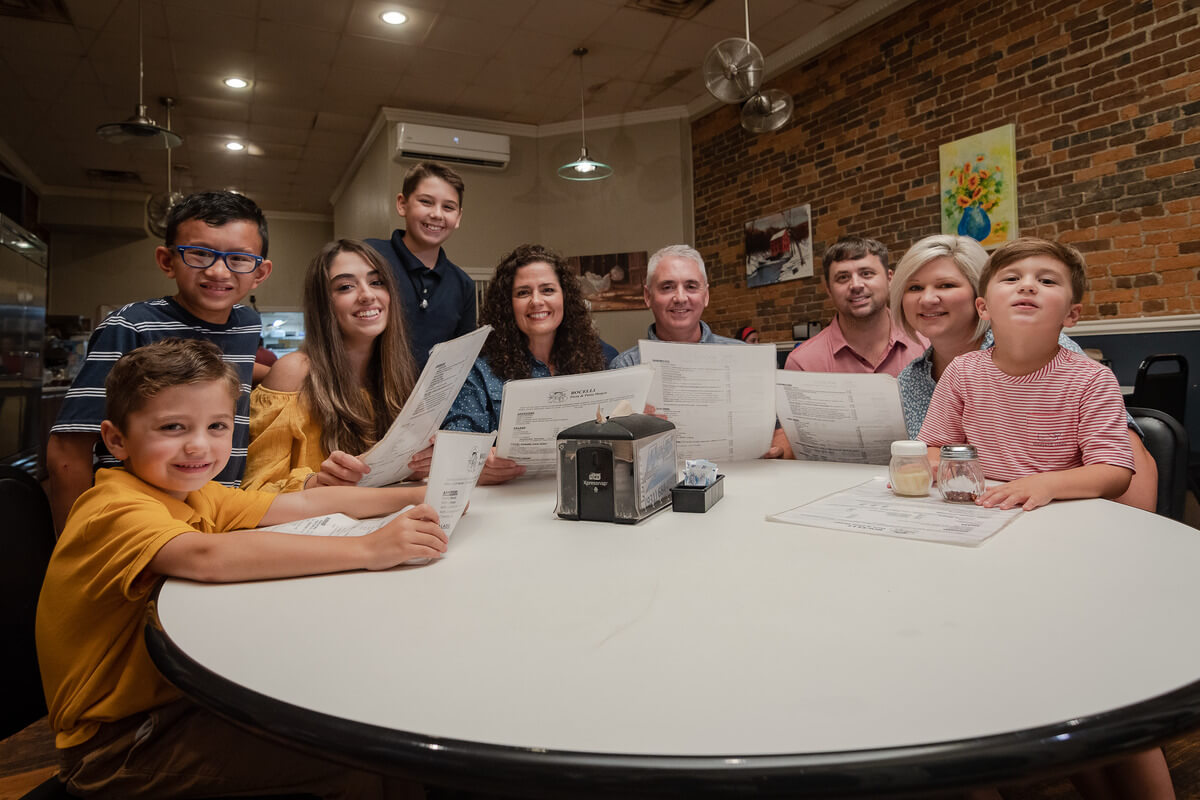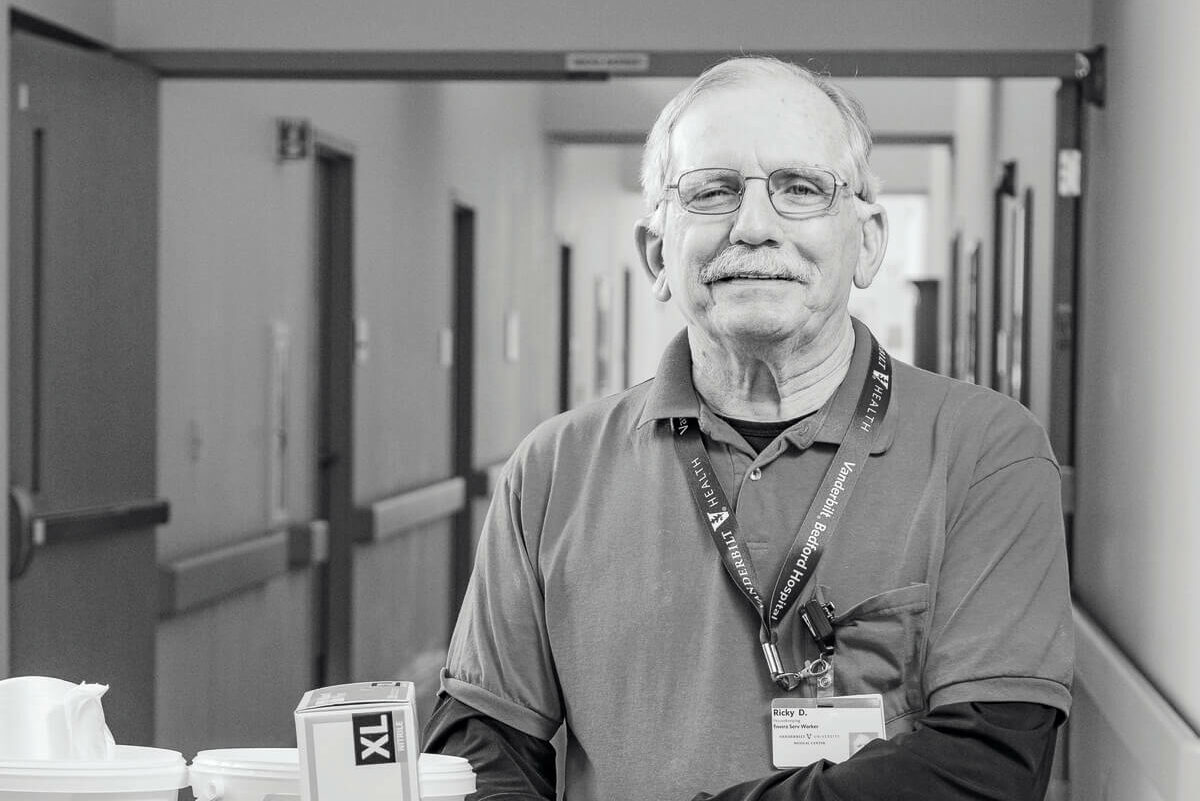WHILE SCOTT Johnson’s University of Tennessee, Knoxville classmates in the College of Business accepted positions with banks and manufacturing companies, he considered a job offer from a Shelbyville bank. But it was public service, not customer service, pulling him away from a business career. It seemed possible that a career with the FBI might fulfill his purpose, but he discovered after a visit to the office that it required three years of post-graduation experience. Most agents, he was told, have military experience.
“I went to a building located next to the FBI offices, spoke to a recruiter, and, after taking a battery of tests, getting a military physical, and completing a background investigation, signed up to serve as an officer in the United States Air Force for four years. At the time, I reasoned that joining the military would give me that public service sense of purpose by contributing to defending our nation and would also give me the requisite experience to join the FBI in the future, potentially,” Johnson reasoned.
After basic training, Johnson’s Air Force career began in a place most wouldn’t expect — as a contracting/purchasing officer, even working on the F-16 fighter program. But the call to a different kind of service proved irresistible. Three years later, he took a new path, becoming a special agent/criminal/terrorism investigator with the Office of Special Investigations (OSI). Think of them as the Air Force’s version of the FBI and NCIS.
Federal agents carry firearms and often work undercover, investigating crimes and conducting counterintelligence activities. Johnson supervised investigations leading to prosecutions in military, local, and federal courts. He even partnered with the FBI to counter foreign espionage and provided protective services for dignitaries alongside the Secret Service.

As his career progressed, Johnson rose through the ranks, commanding detachments and squadrons and taking on leadership roles at OSI headquarters in Washington, D.C. To further his advancement, he obtained a master’s degree in criminal justice from Auburn University.
Many can only imagine the experiences that mark Johnson’s 23-year career. One case involved a defense contractor who knowingly made faulty parts for H-3 military helicopters. Johnson’s investigation led to a federal conviction, potentially saving the lives of countless service members.
“I was subsequently interviewed about the impact of this case by a ‘60 Minutes’ television producer who worked for on-air talent Ed Bradley,” said Johnson.
Another defining moment came during his time overseeing protective operations. On one assignment, the Secret Service called upon Johnson and his team to safeguard visiting presidents and vice presidents. Their dedication and expertise ensured tight security, even under pressure from high-ranking officials who demanded compromises. These experiences solidified Johnson’s commitment to duty — a lesson he would carry throughout his career.

The world changed forever on Sept. 11, 2001.
“I was supposed to be at a meeting in the Pentagon that day, but it had been canceled,” he recalled.
In the aftermath, the focus shifted to investigating and prosecuting those responsible. Johnson volunteered and became the chief of investigations for a joint terrorism task force comprised of the Army, Navy, Air Force, and FBI. Here, he faced a moral dilemma. Orders came down to use “enhanced interrogation techniques,” which were euphemisms for torture. Johnson, having experienced waterboarding himself during training, knew its ineffectiveness.
Johnson said, “My prior Secret Service ‘commitment to duty’ lessons, learned about standing up to power, came to mind. And I knew this torture was ineffective and violated the United States Constitution. Although we put our careers on the line, we were vindicated and supported by our superiors who defended us with the Pentagon.”
Military retirement brought Johnson home to Bedford County. His dedication to service continued as he was appointed director of the Emergency Management and Homeland Security Agency.

“Instead of protecting our nation, [this job] was about protecting the people of Bedford County. My global leadership public safety experiences in the military, working in cooperation with all the military branches and various federal agencies, prepared me to facilitate working with the many federal state, county, and city public safety departments that Emergency Management needs to work with to be effective and make Bedford County a better and safer place to live and work,” he said.
Johnson knows and sees that everyone plays a part in keeping our communities and our country safe.
“Sir Edmund Burke wrote that ‘the only thing necessary for evil to triumph is for good men to do nothing.’ I have never been a hero, but I have served with heroes — not professional athletes or famous actors but the real kind of heroes,” Johnson said. “The United States military and public safety men and women, first responders, many of whom have made the ultimate sacrifice, will never let our determined enemies — be they foreign powers or violent criminals in our communities — destroy us.”
He continued, “But they cannot do it alone. We must all be committed to protecting our freedoms and way of life. Take a moment to remember to stop and thank them as you are going about your daily lives. And if you see something amiss, say something. Remember that the very first counterattack on that horrible 9/11 day was initiated by ordinary people put in an extraordinary circumstance on a plane in the skies over Pennsylvania with a simple phrase… ‘Let’s roll.’” GN




















